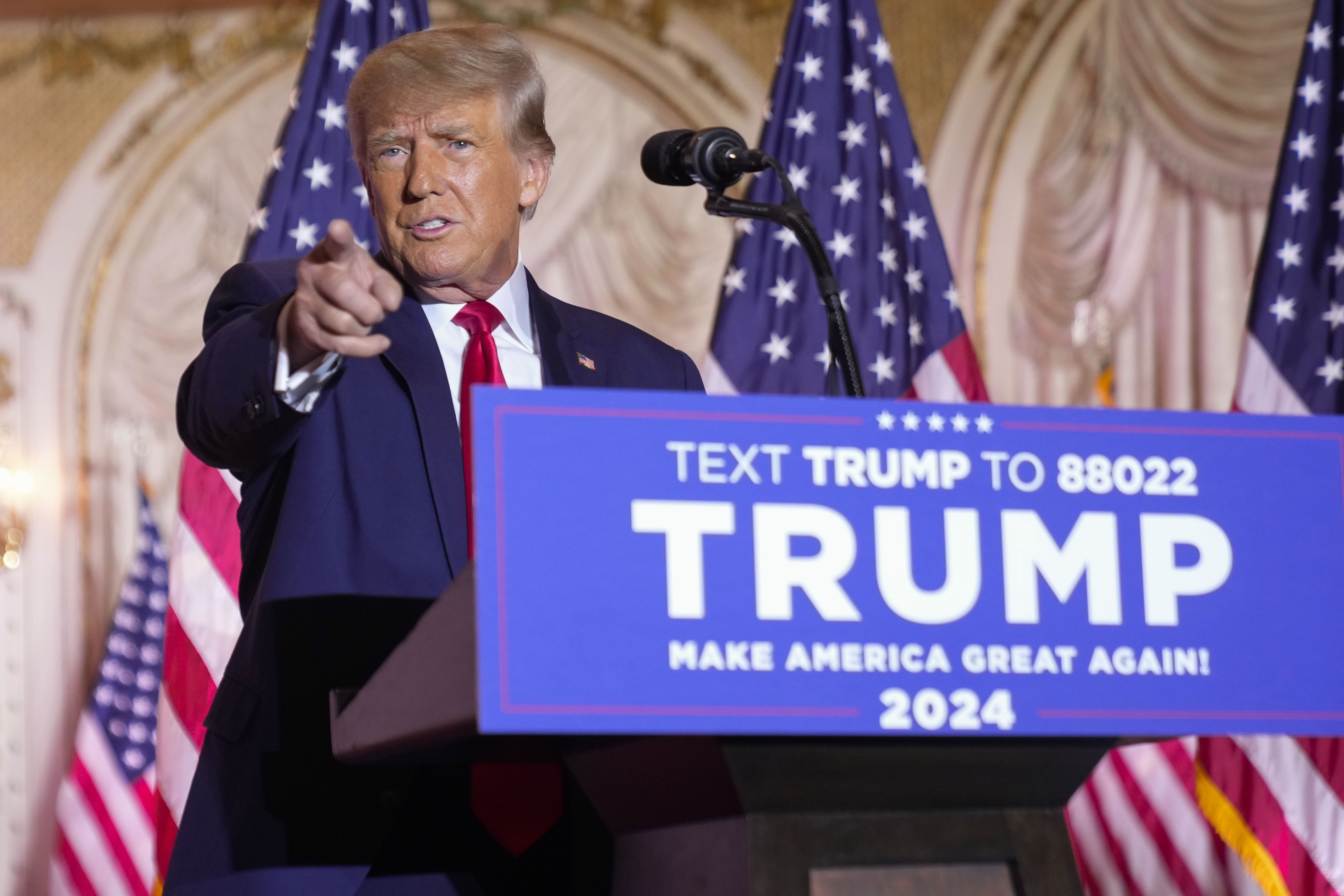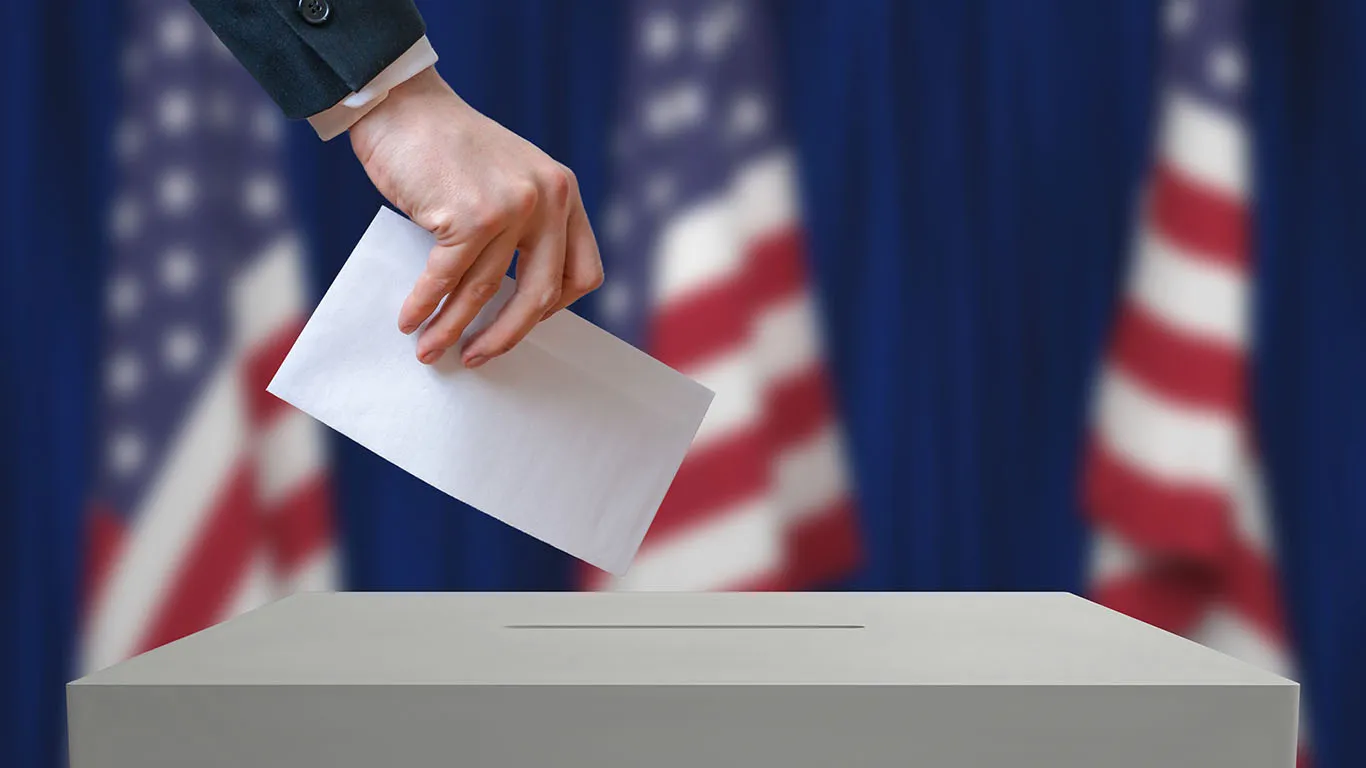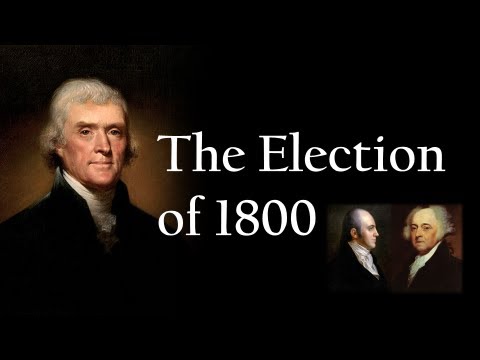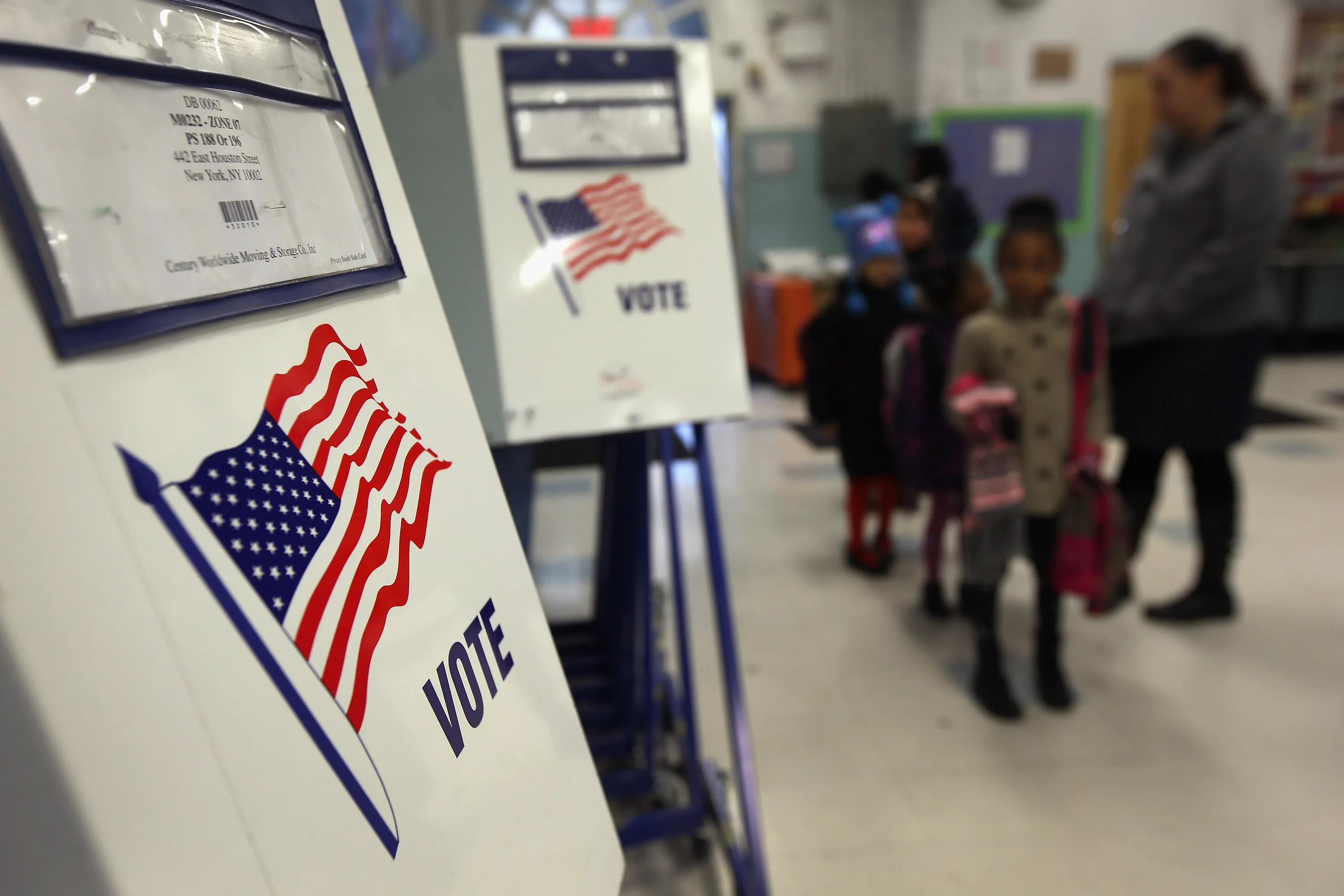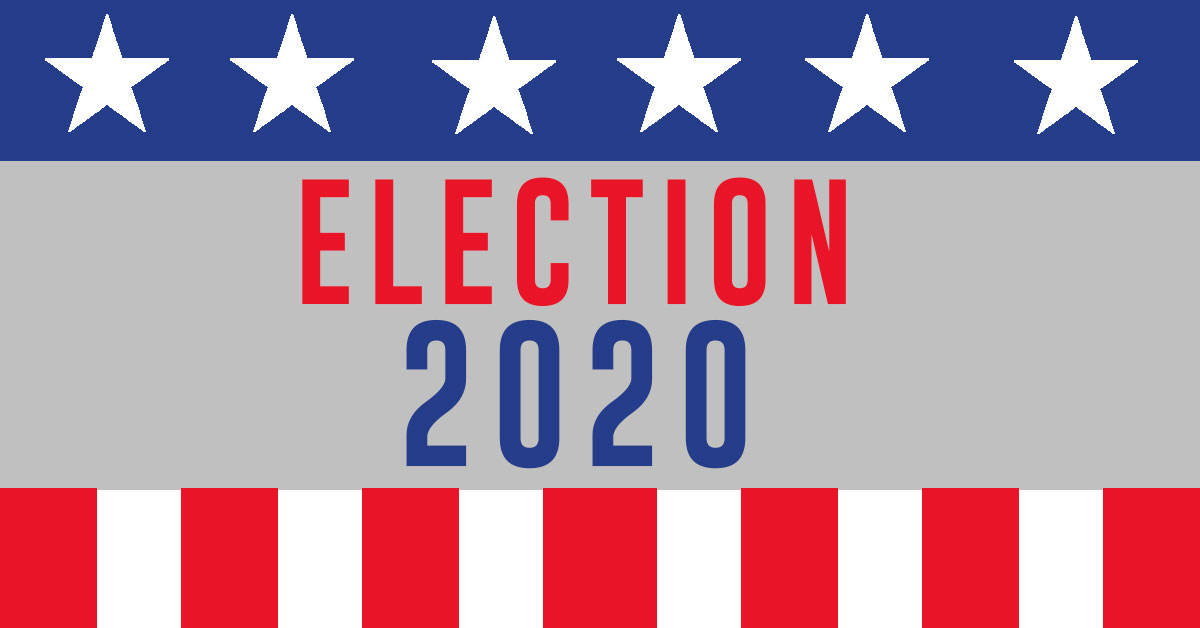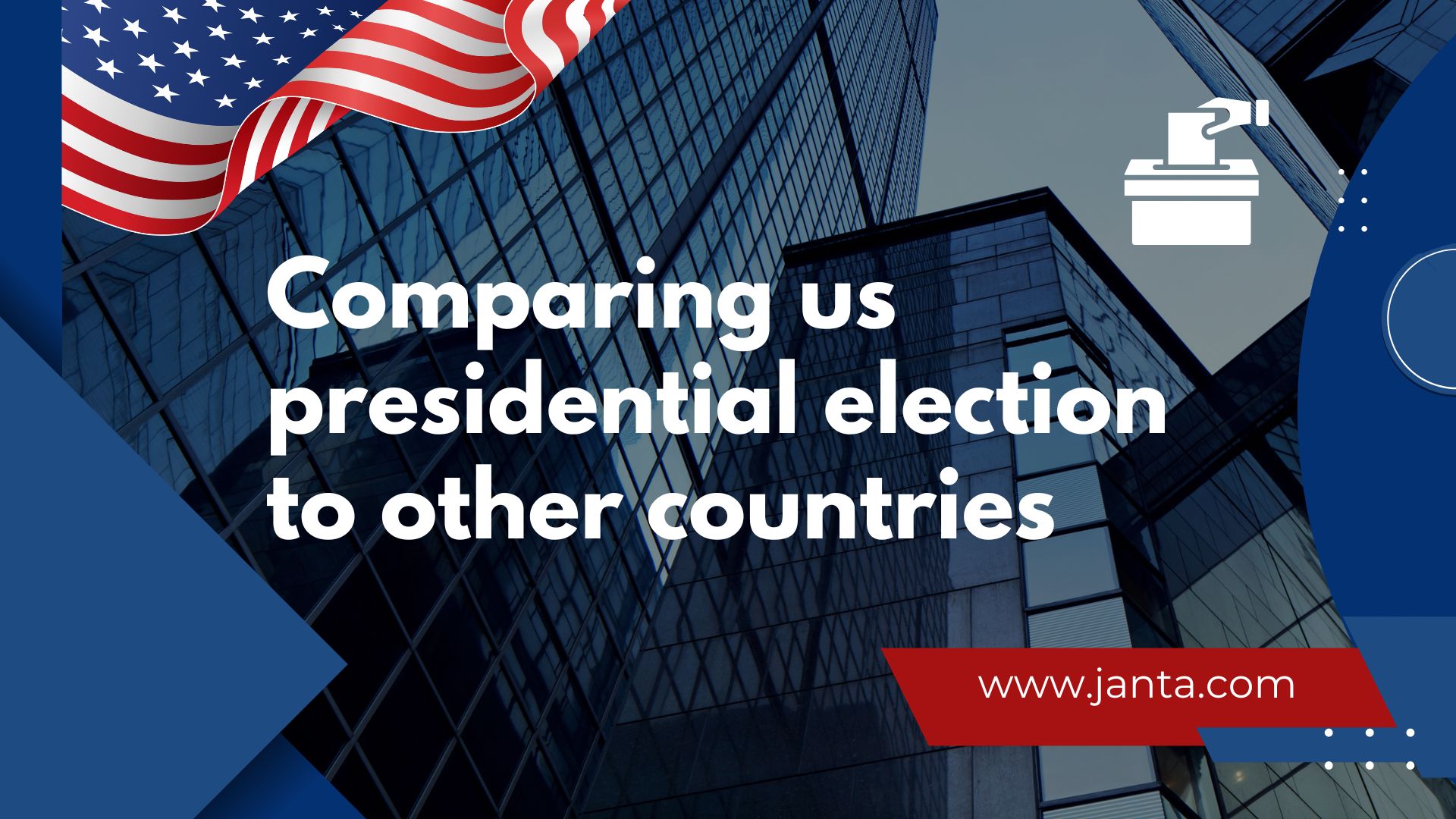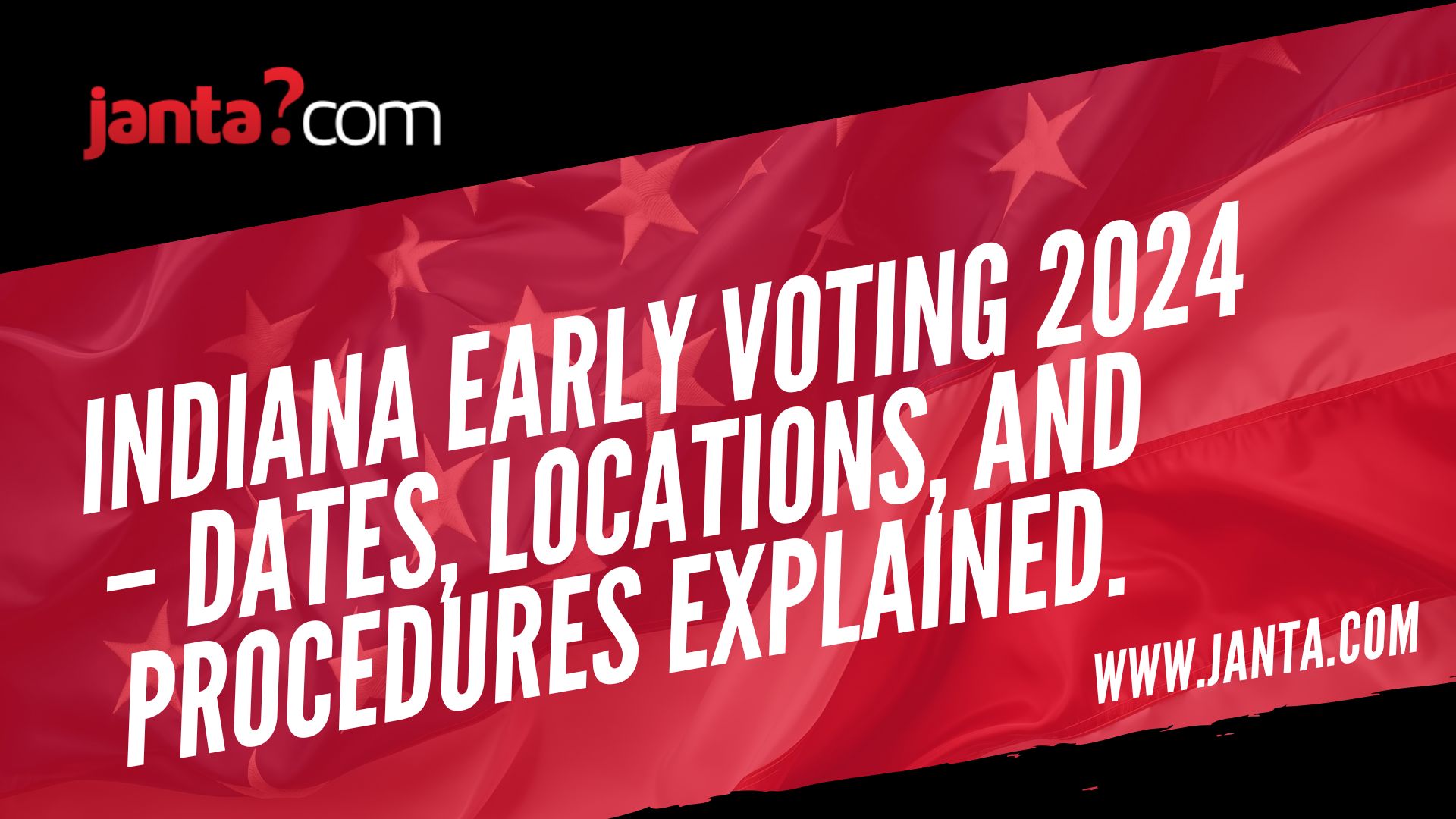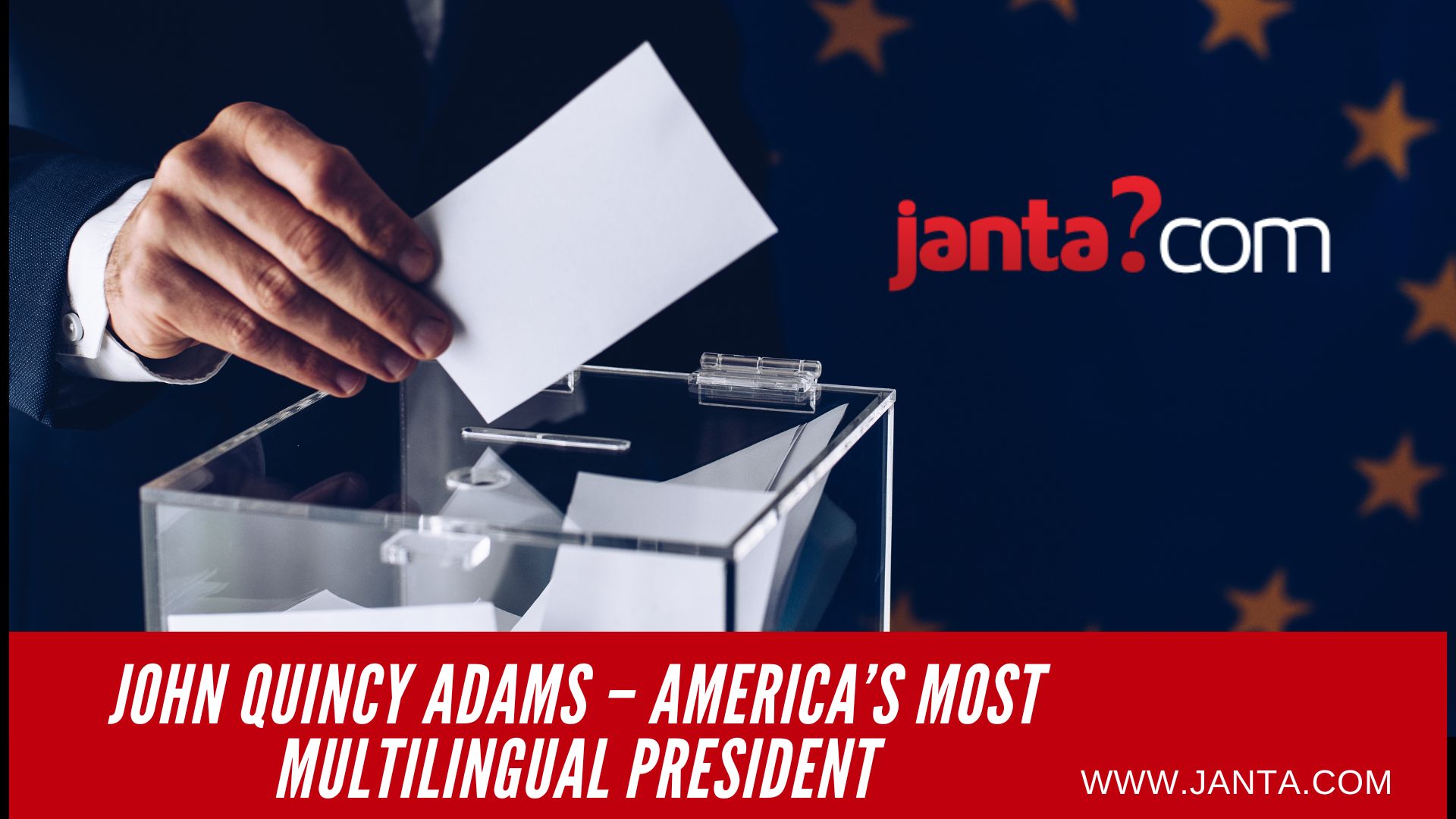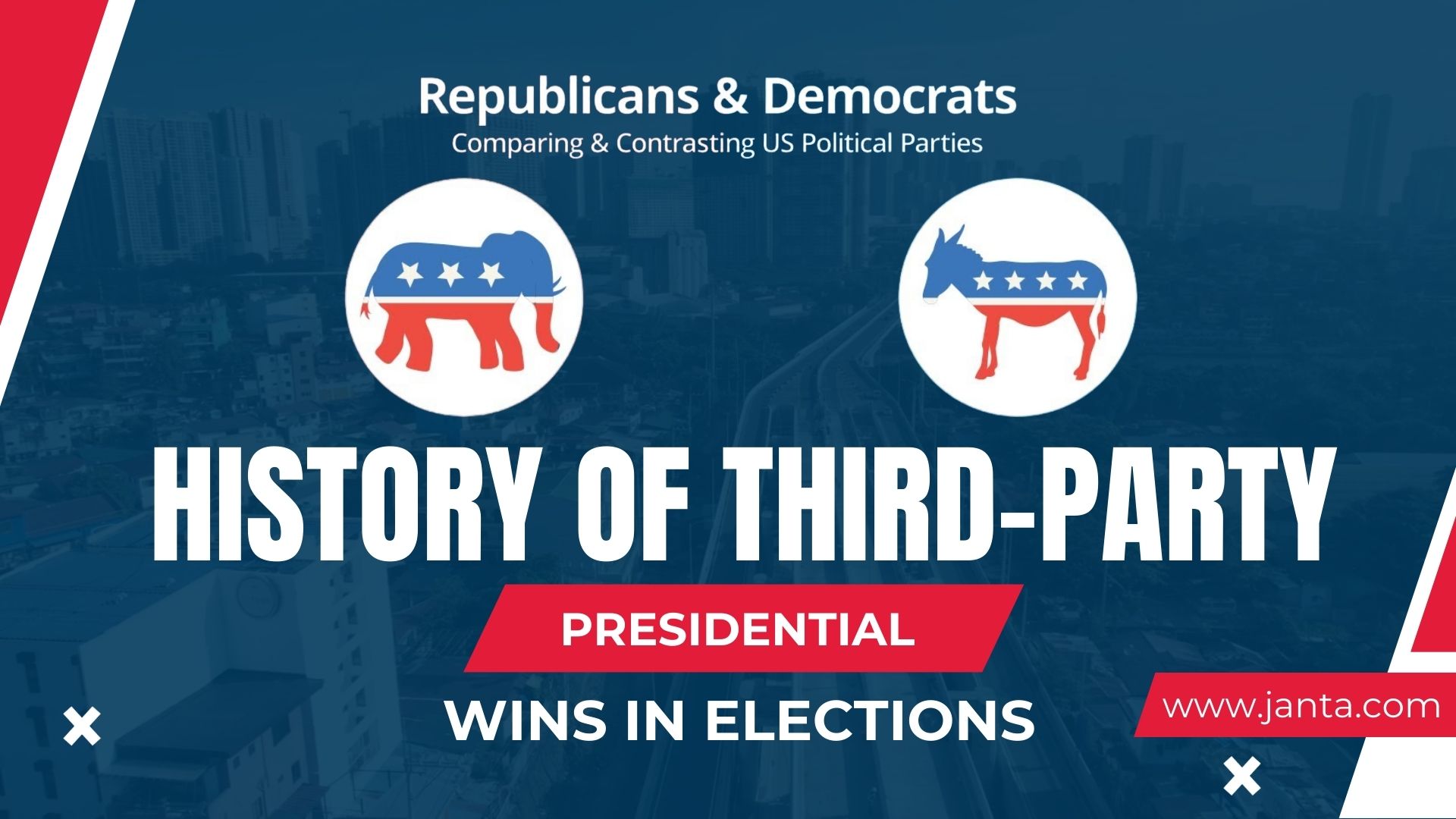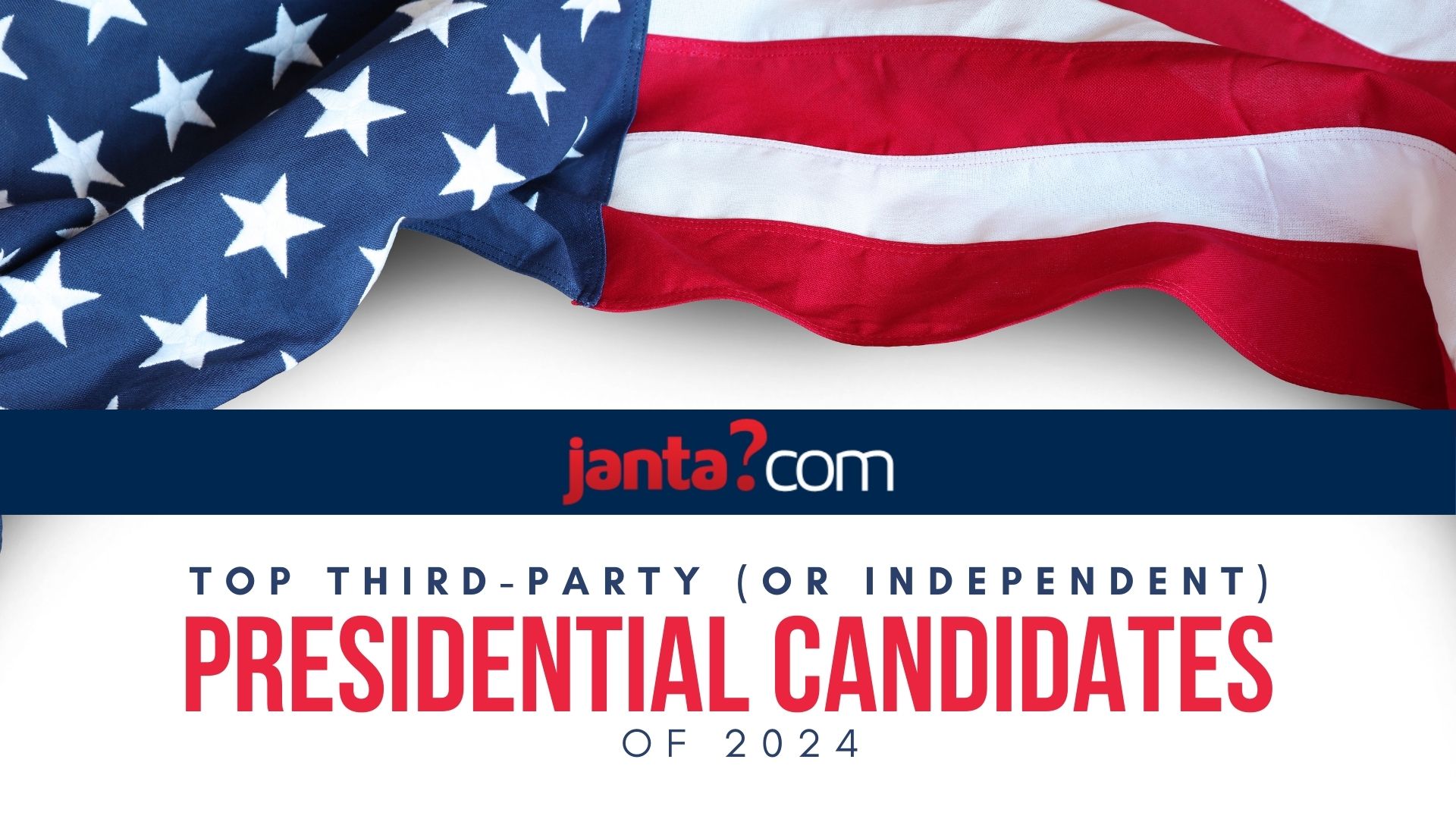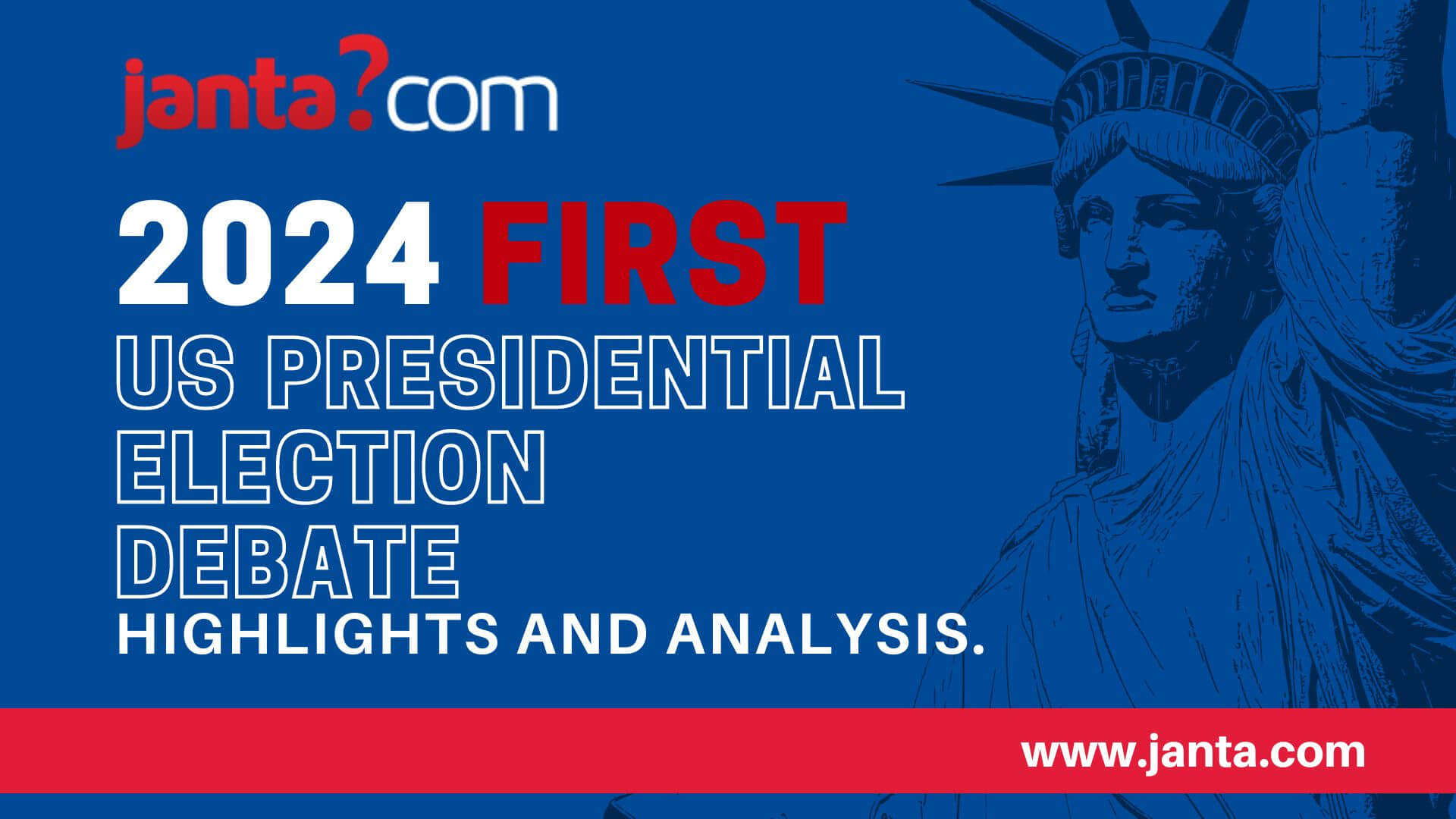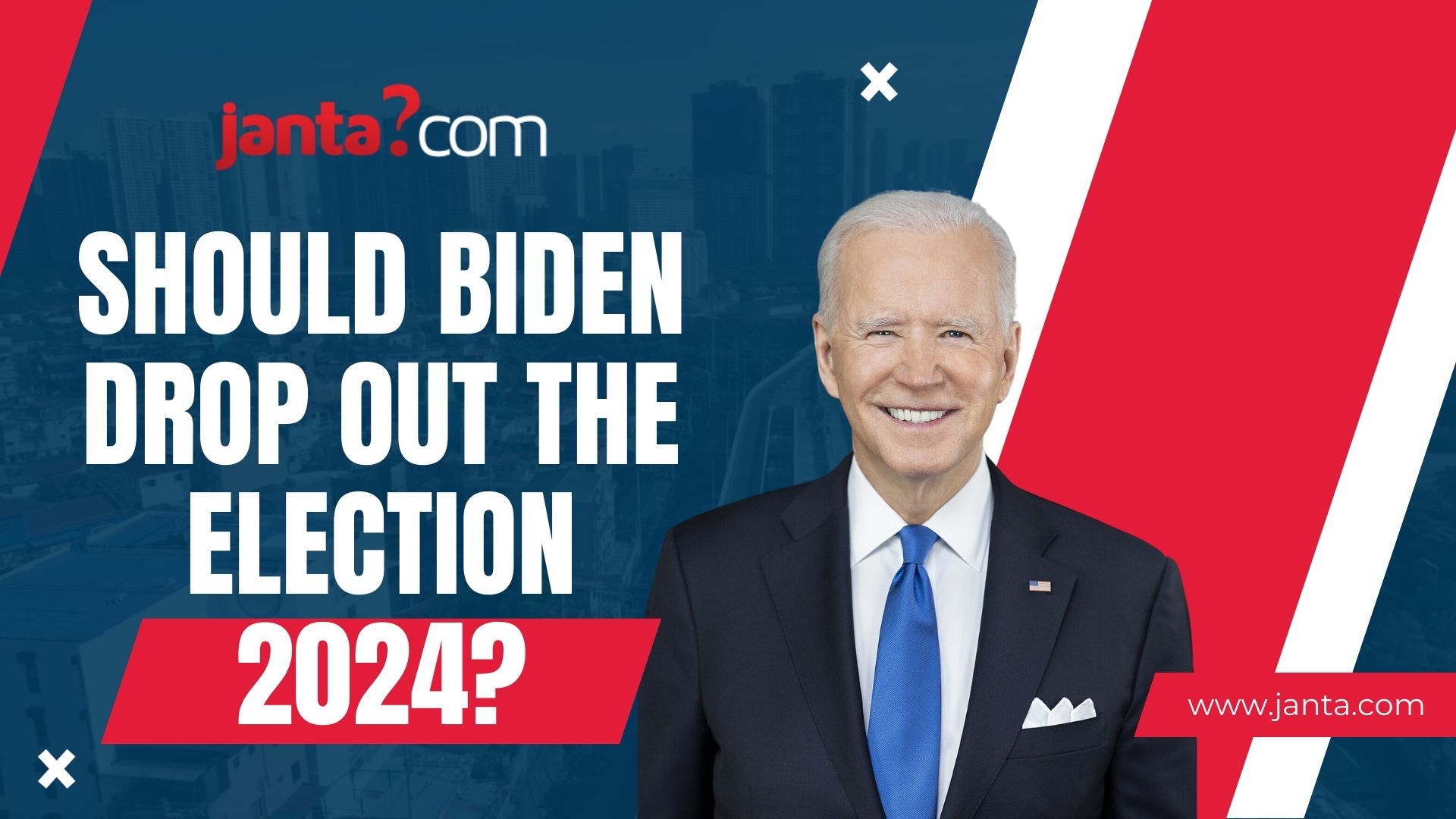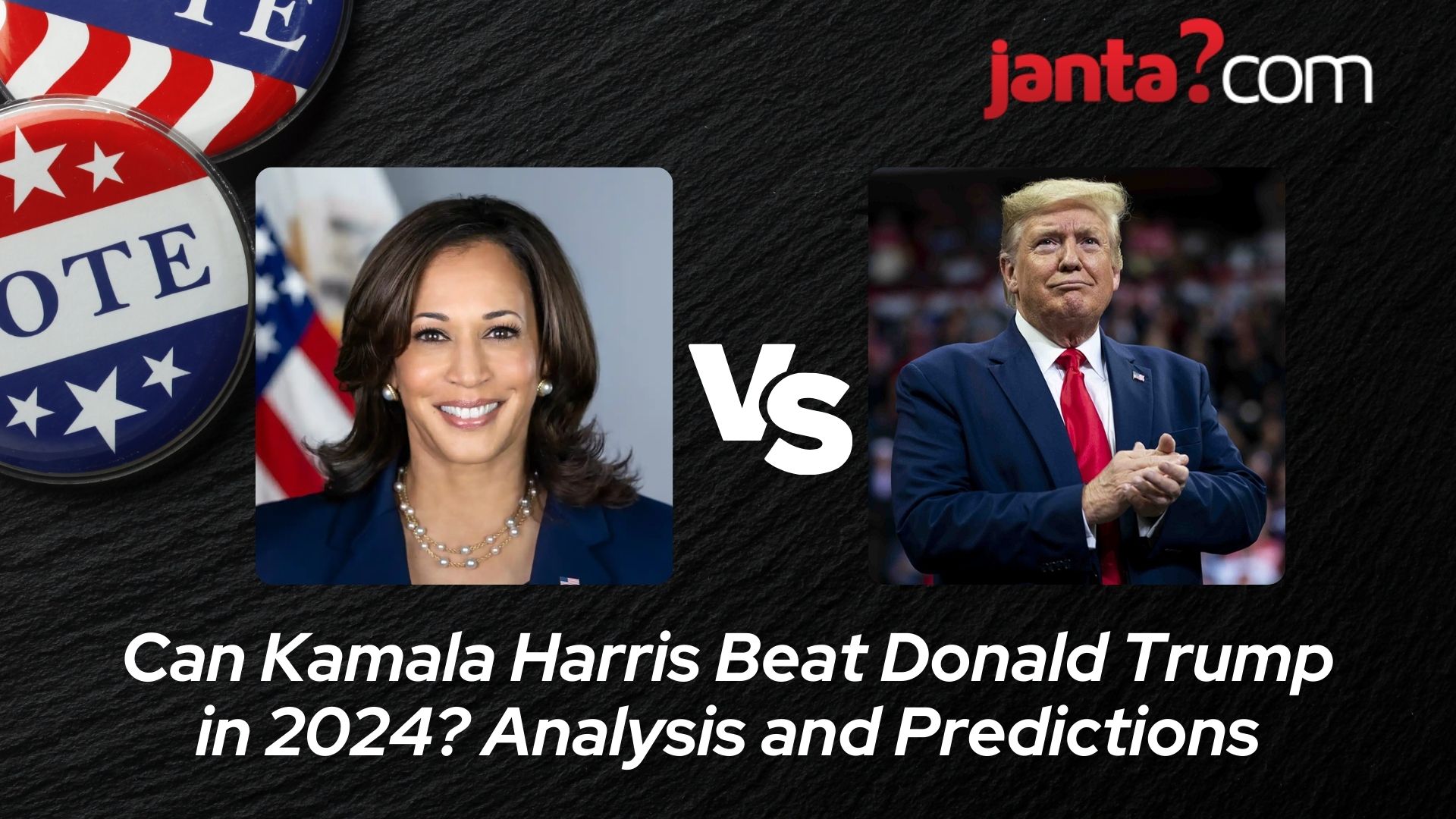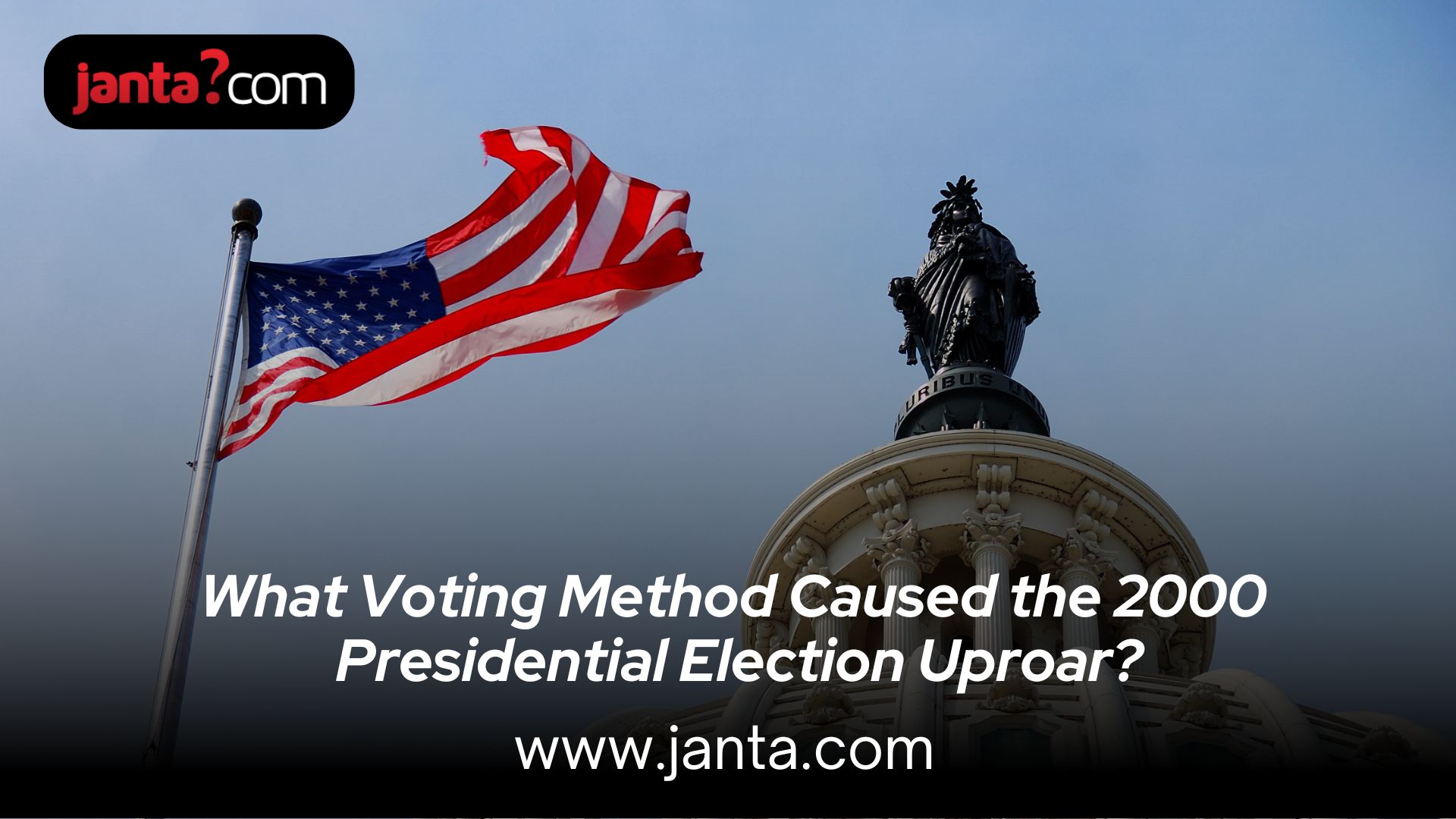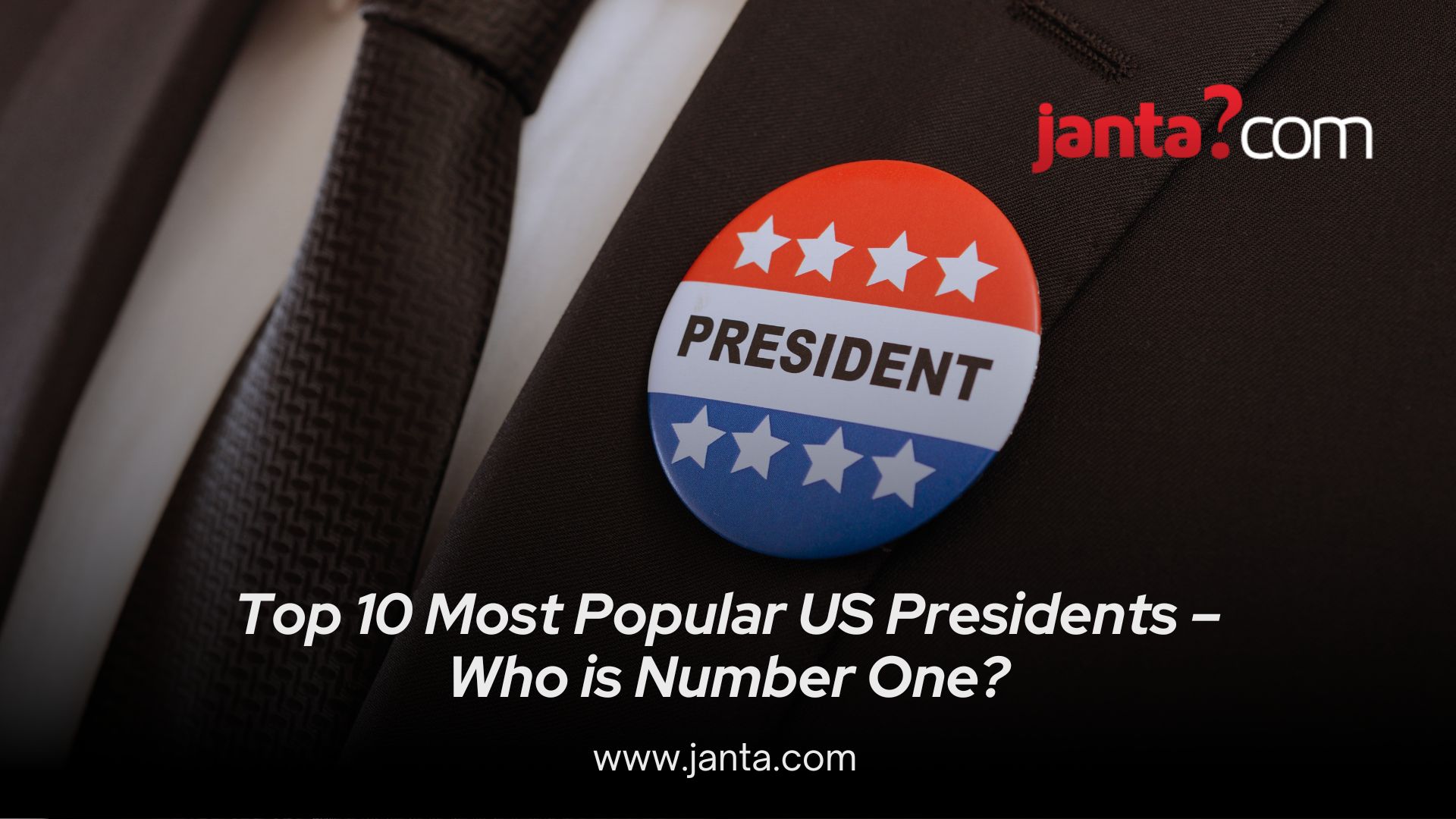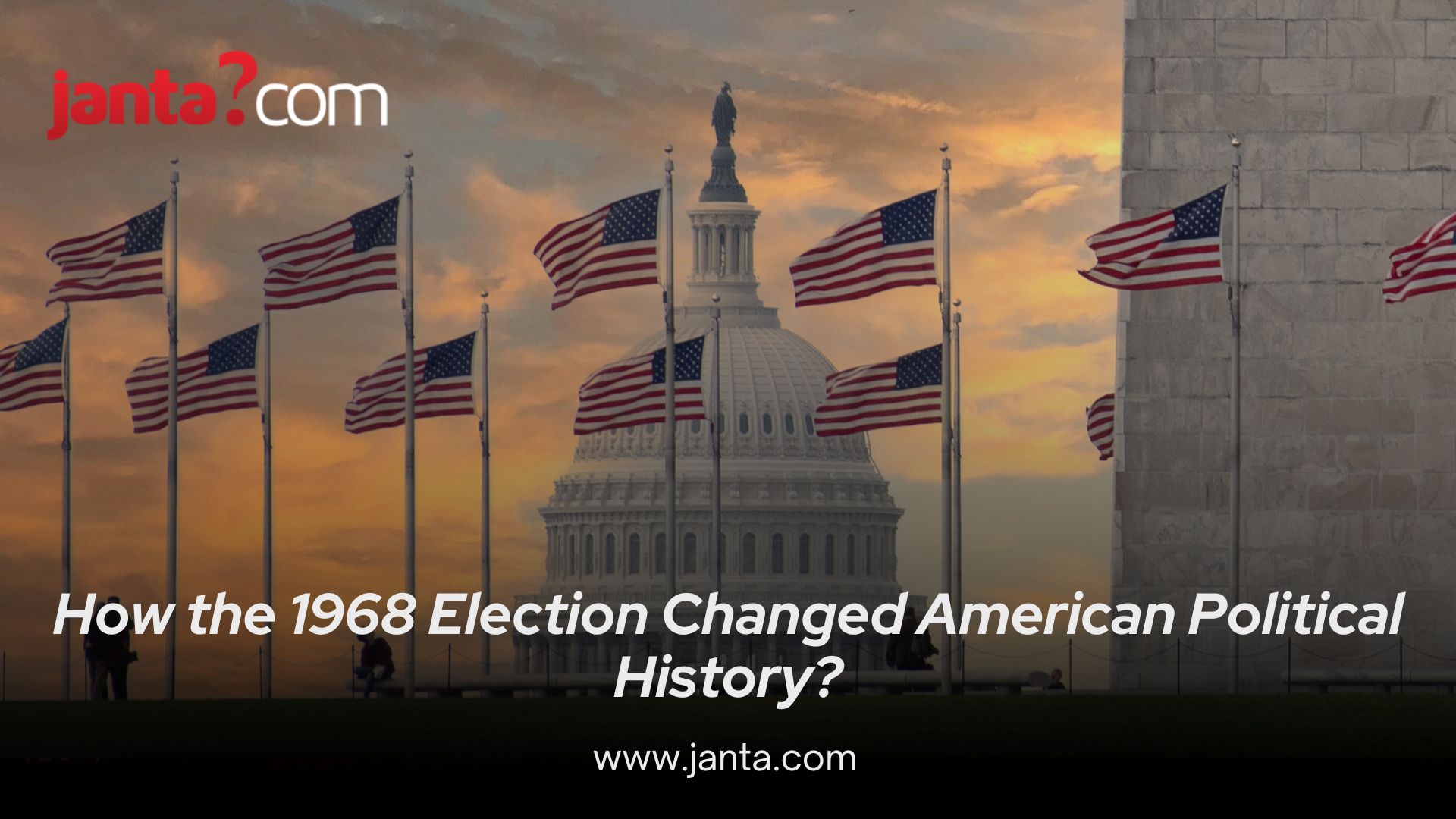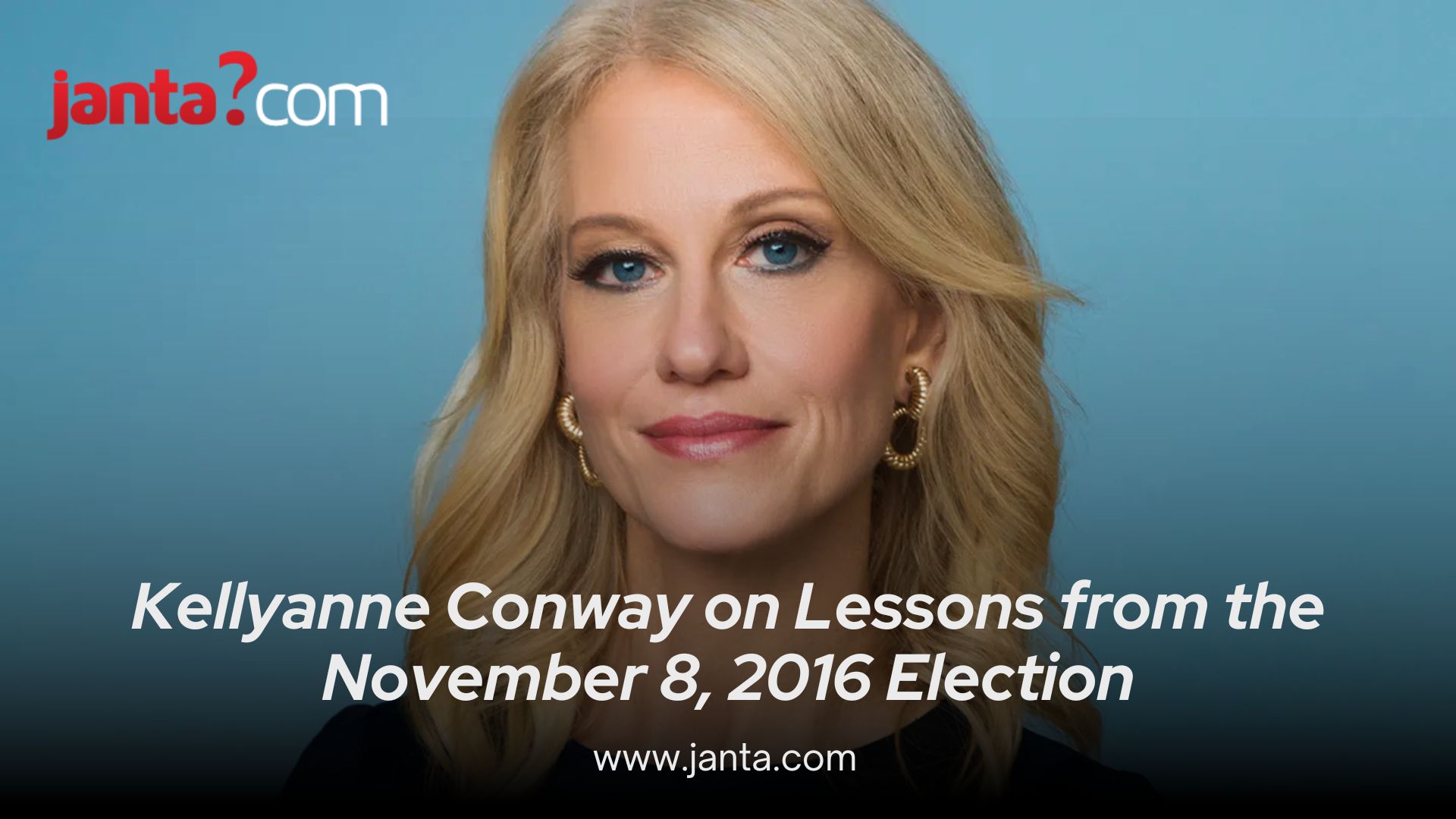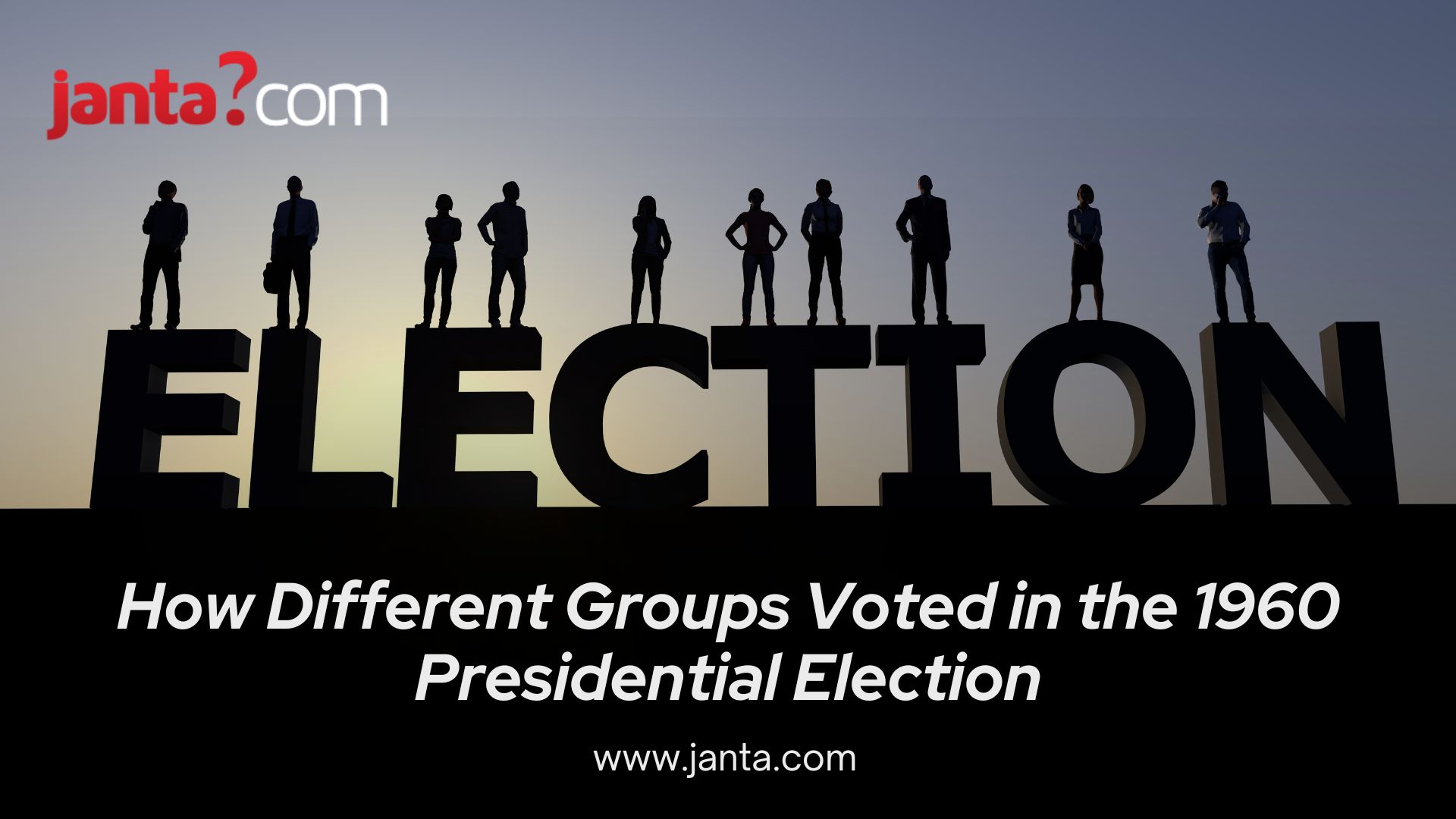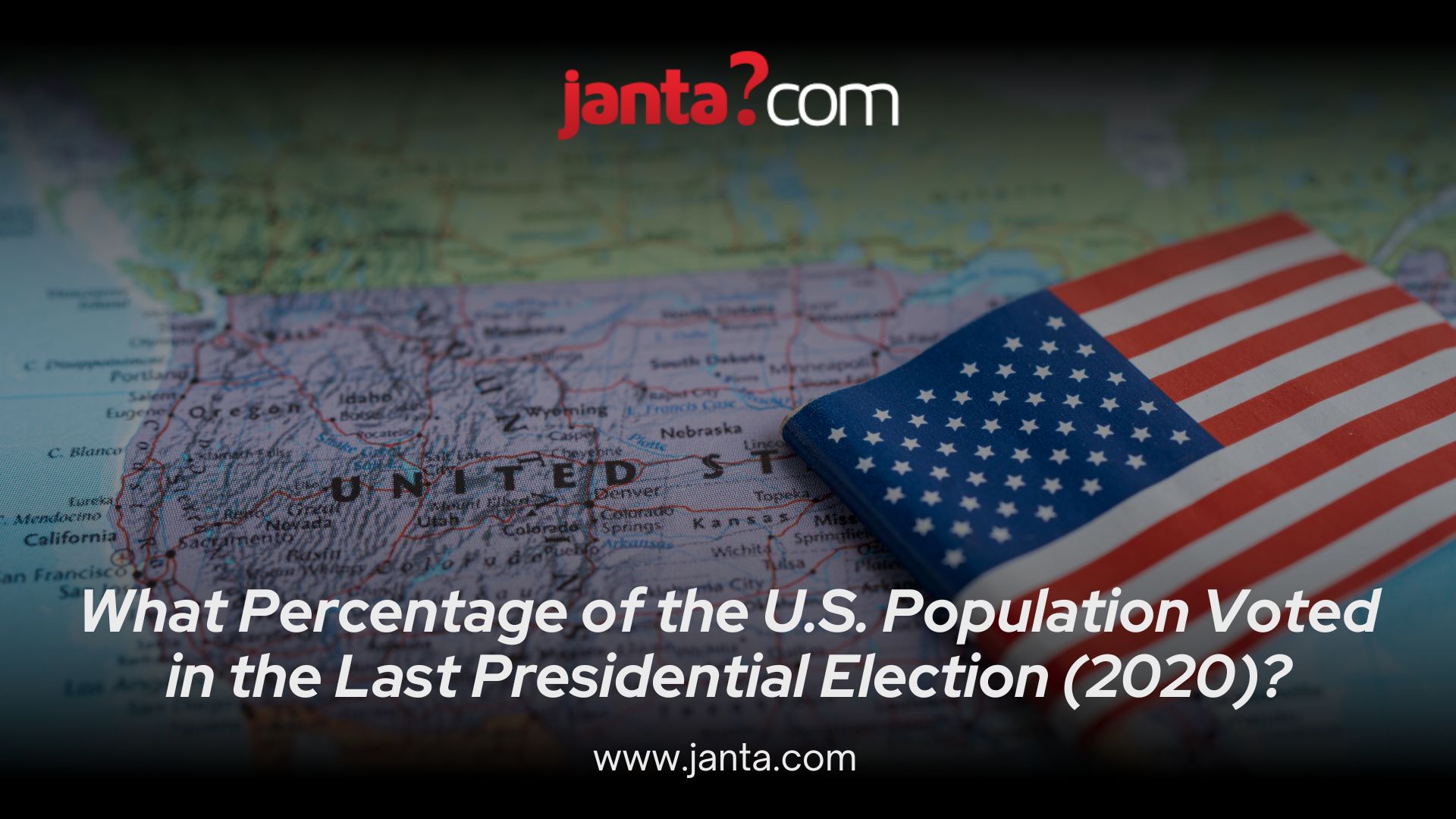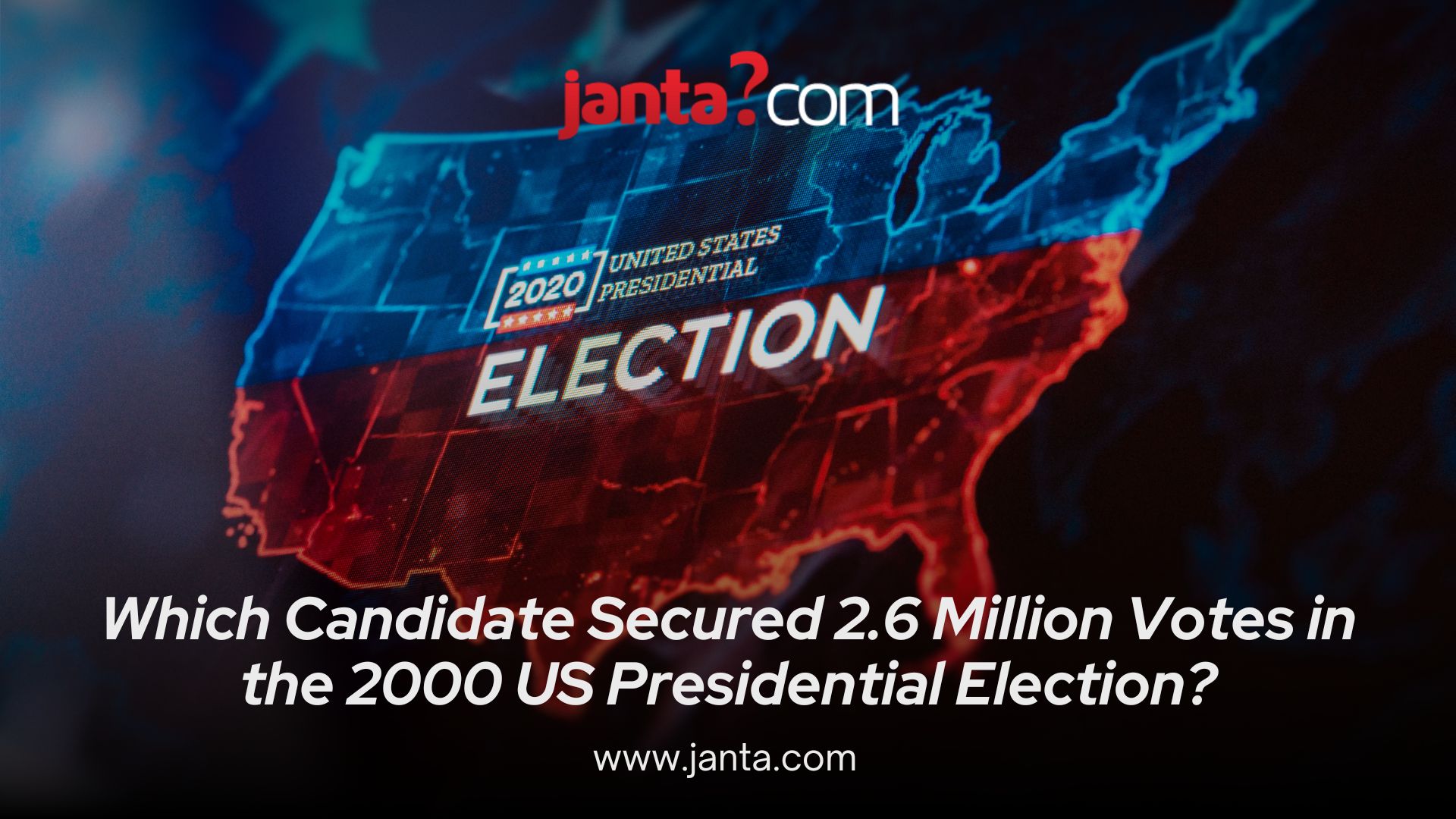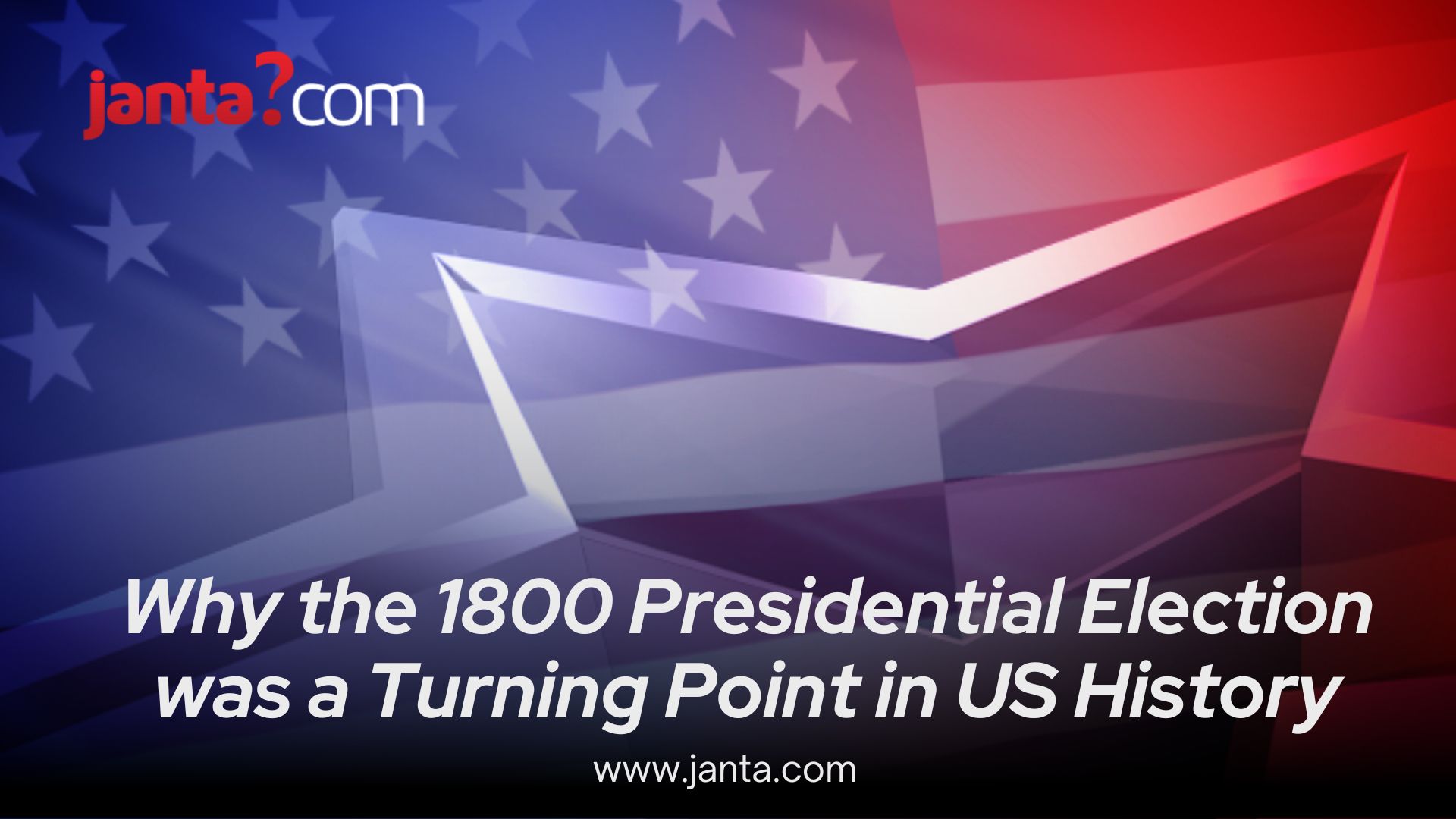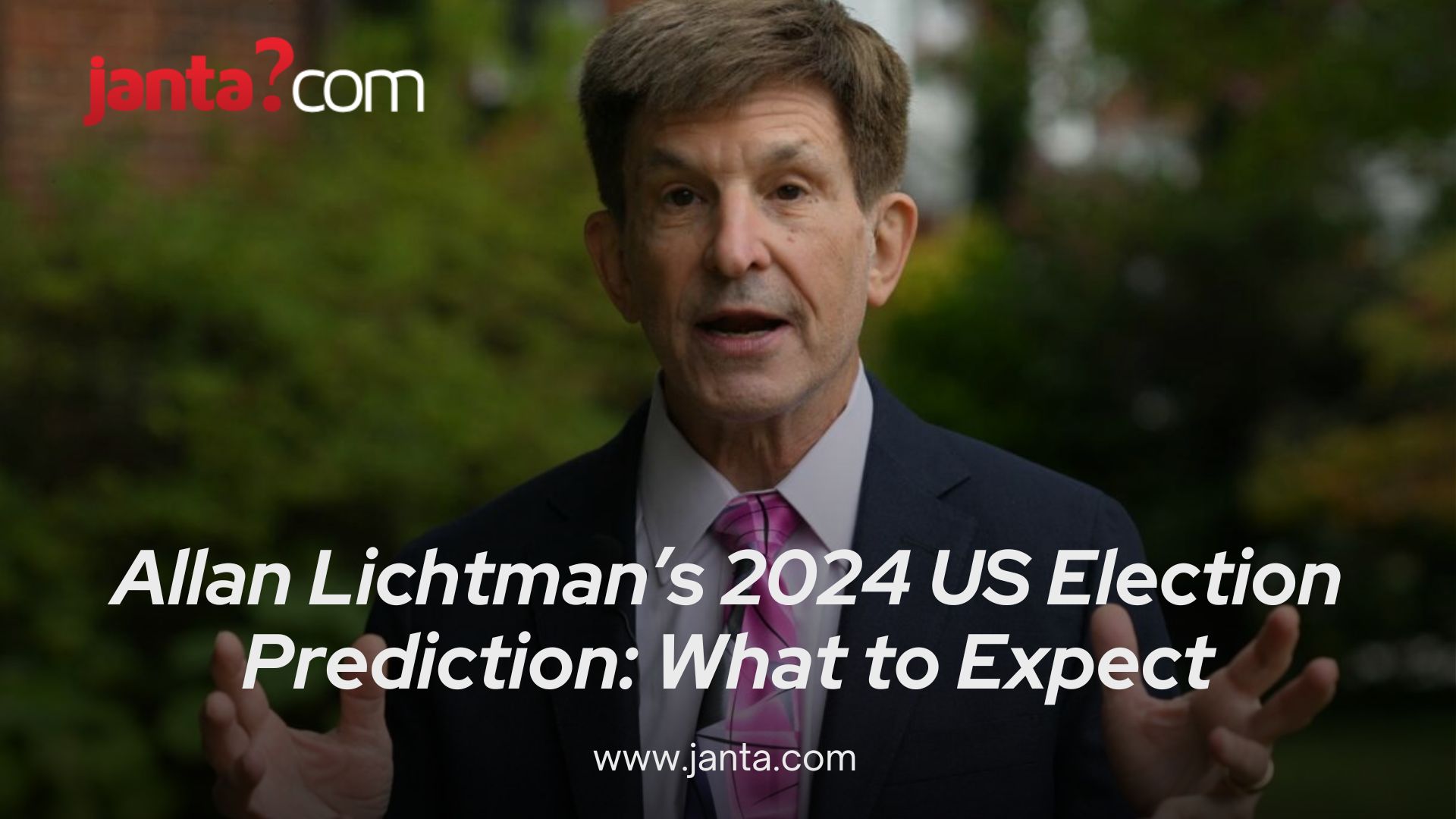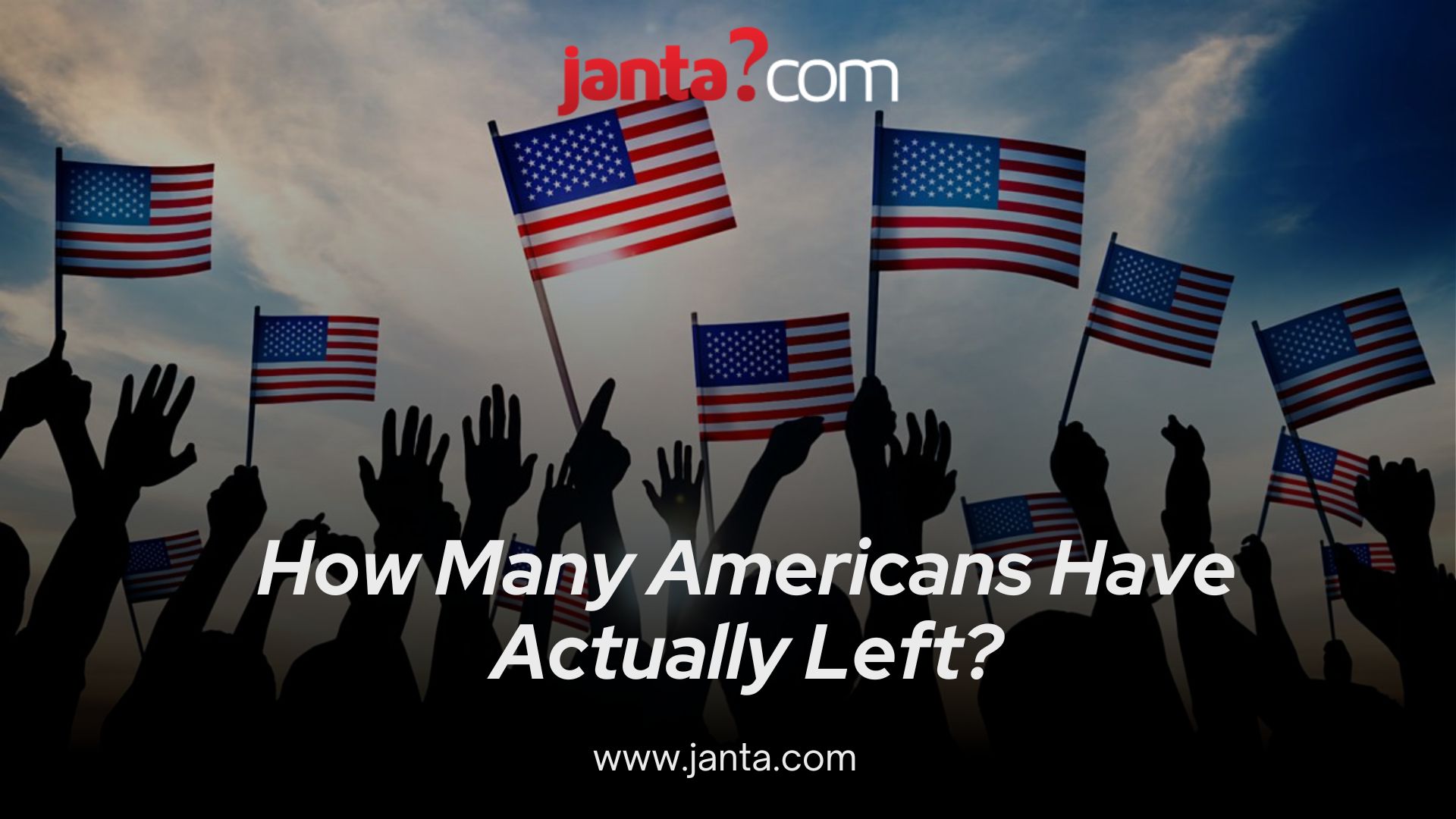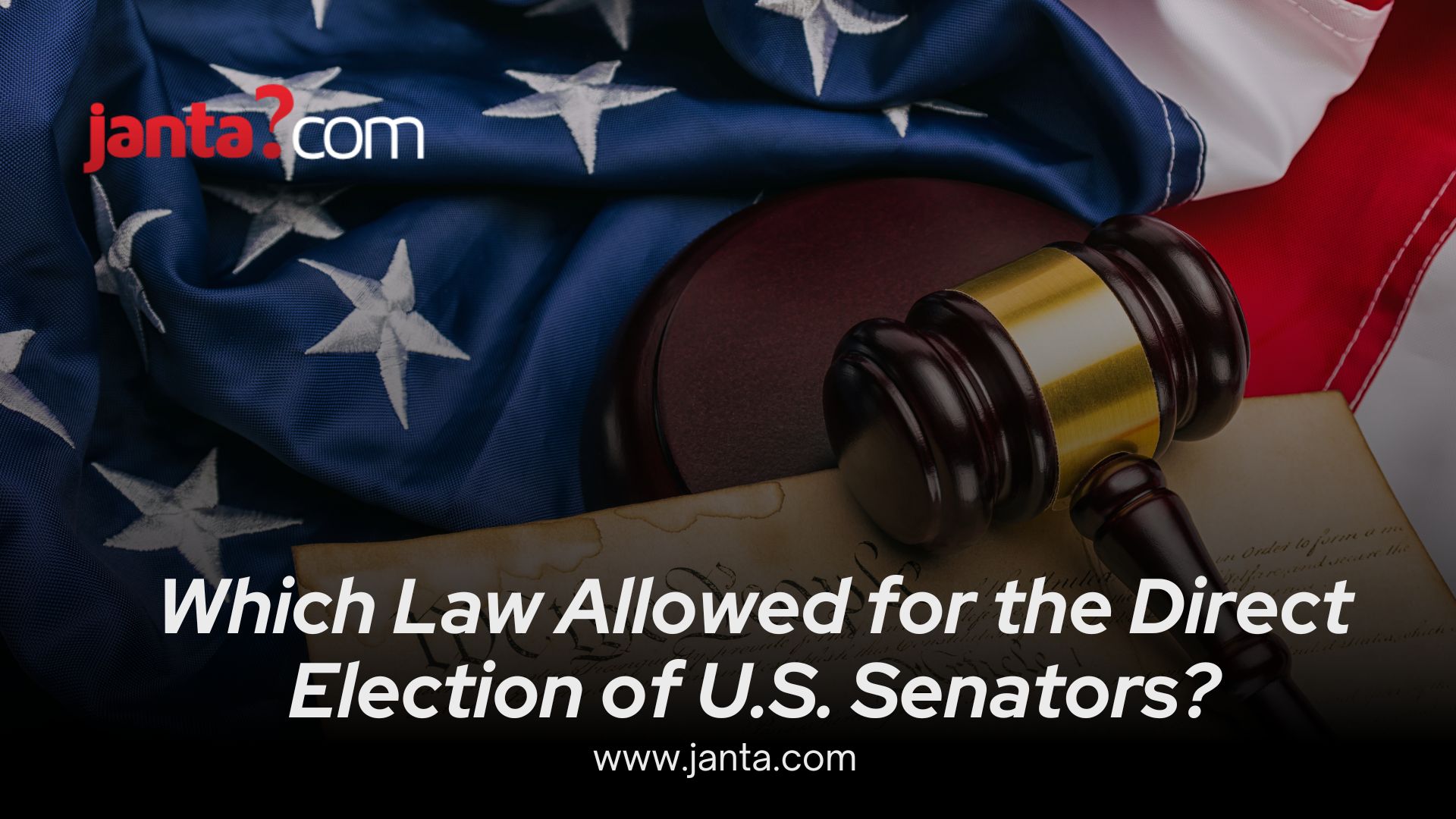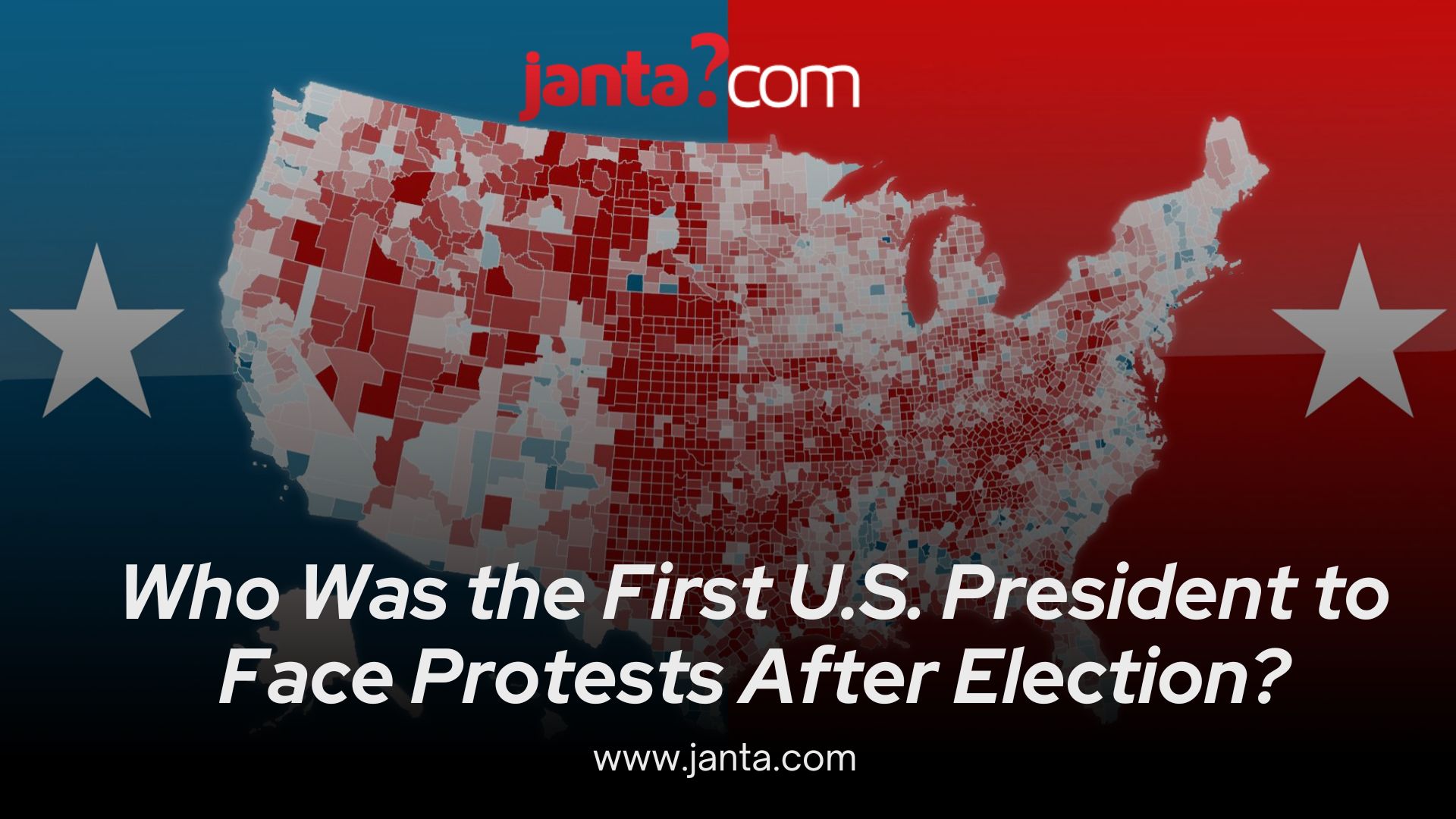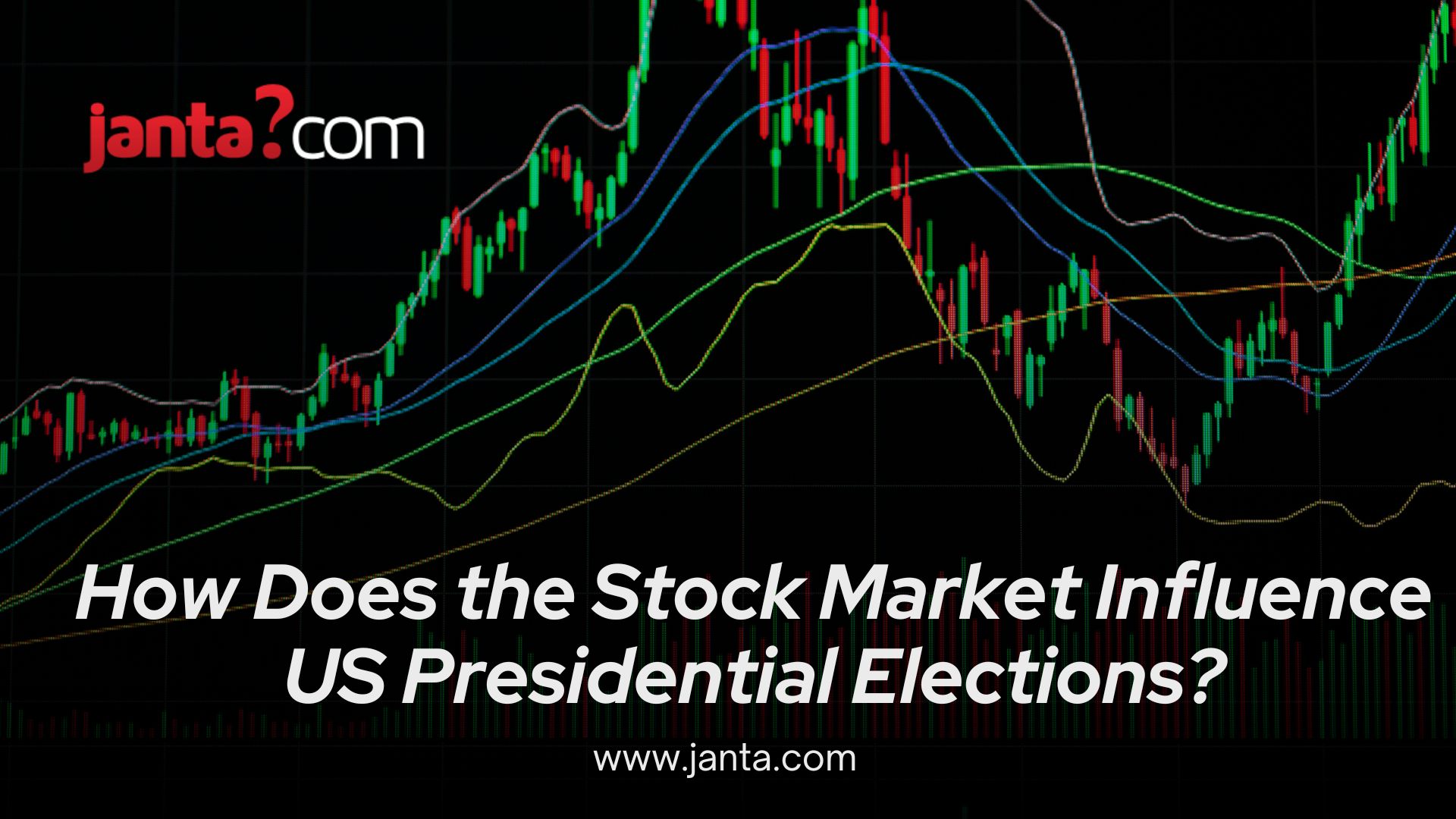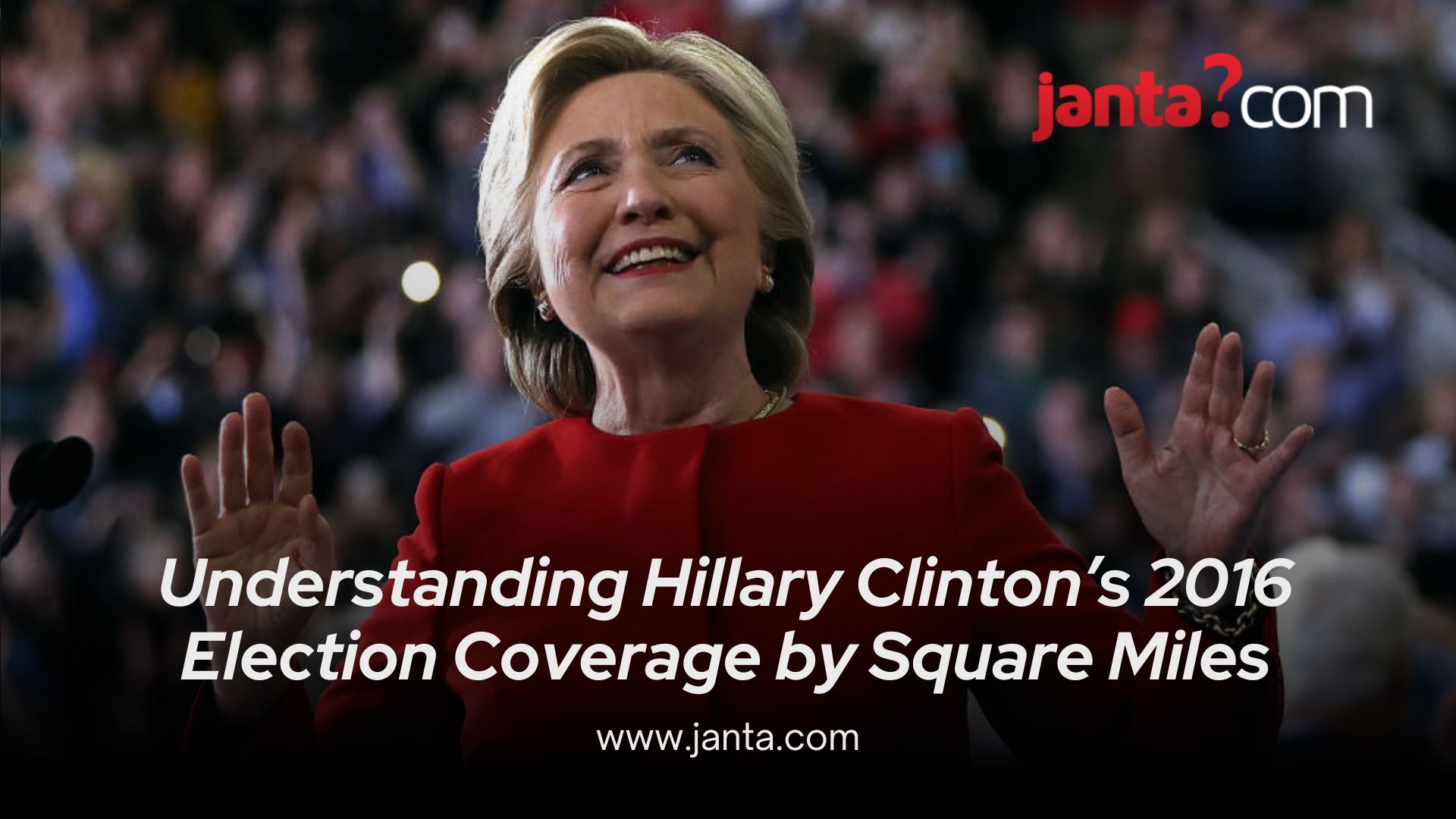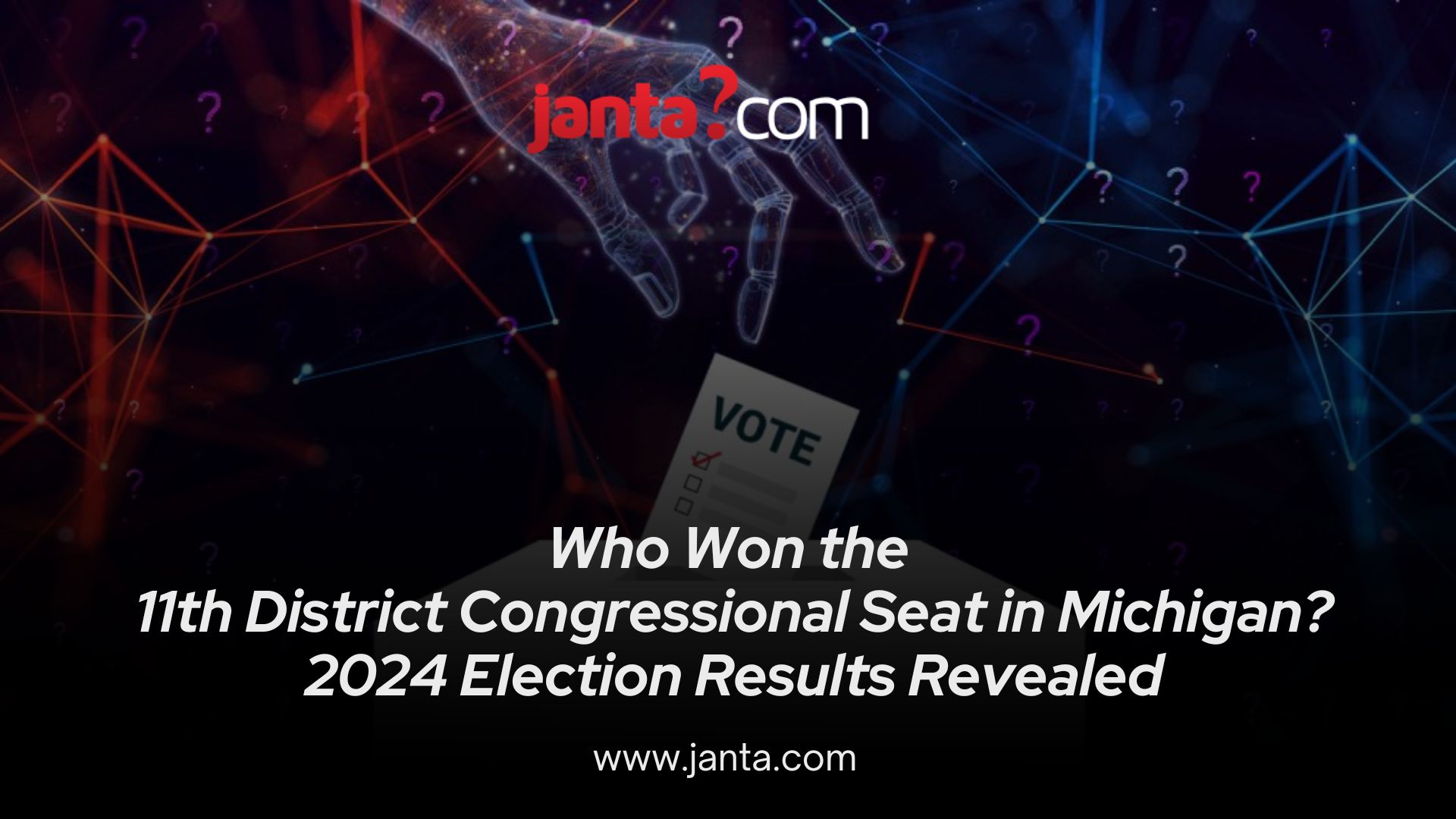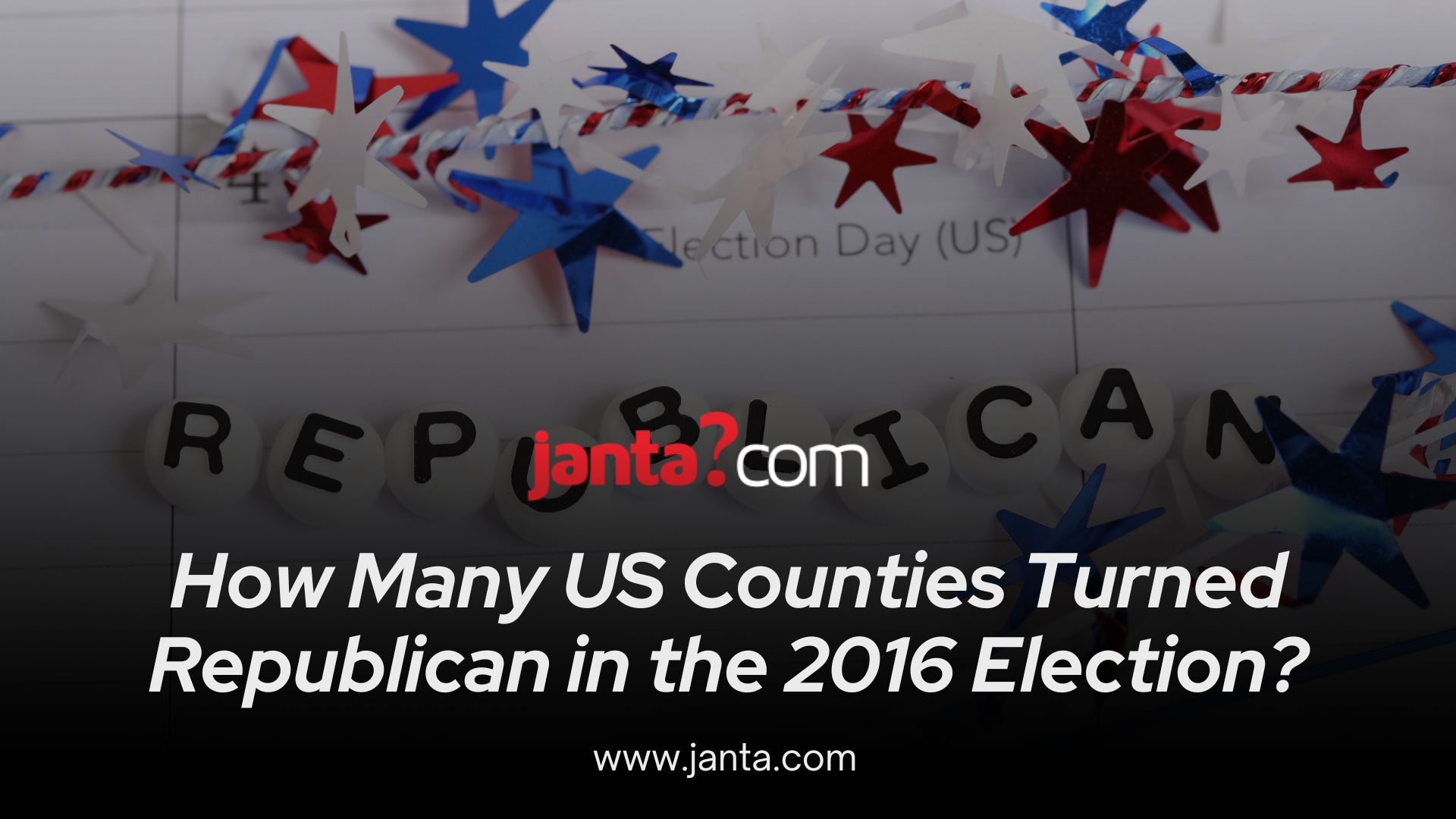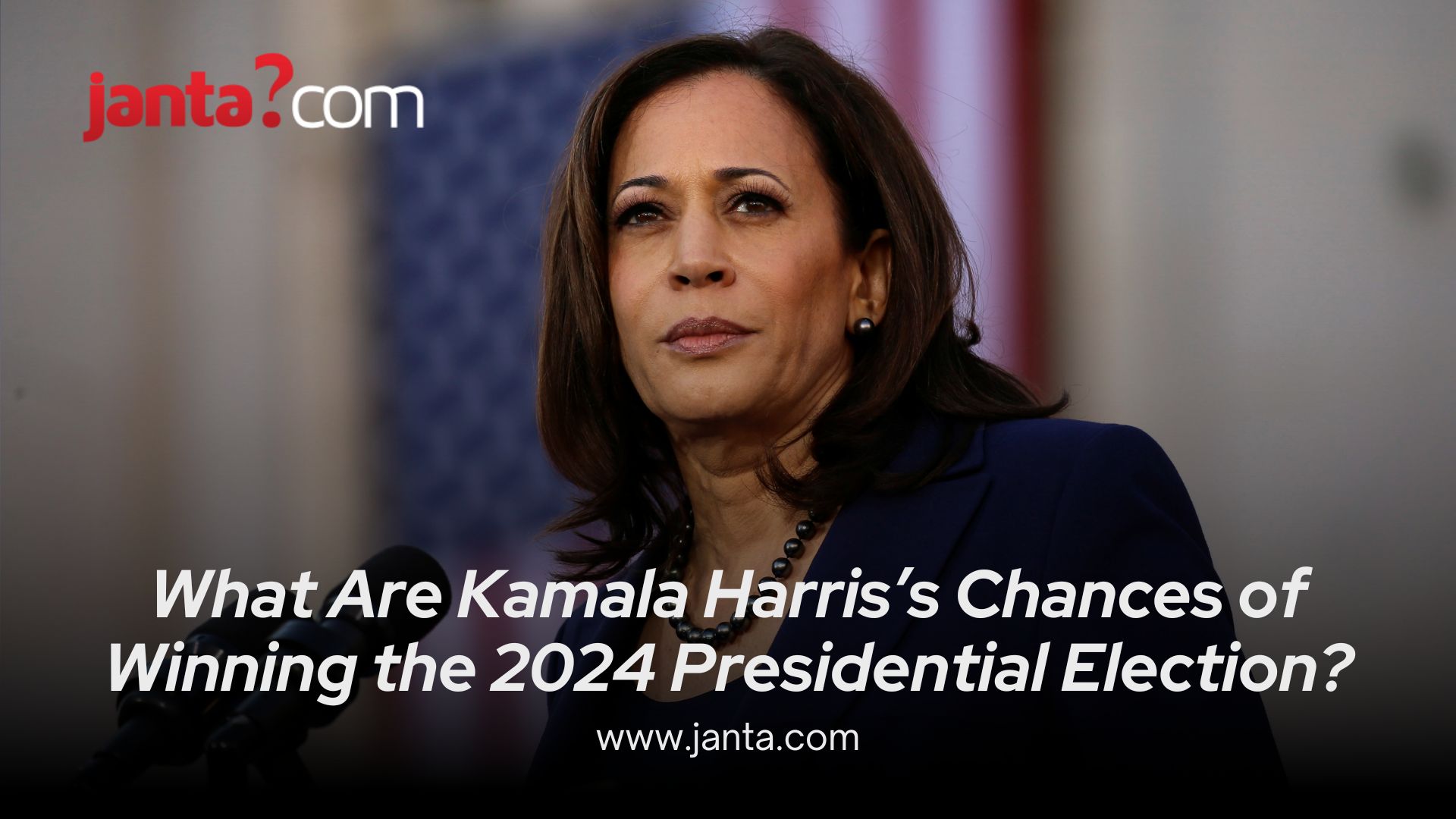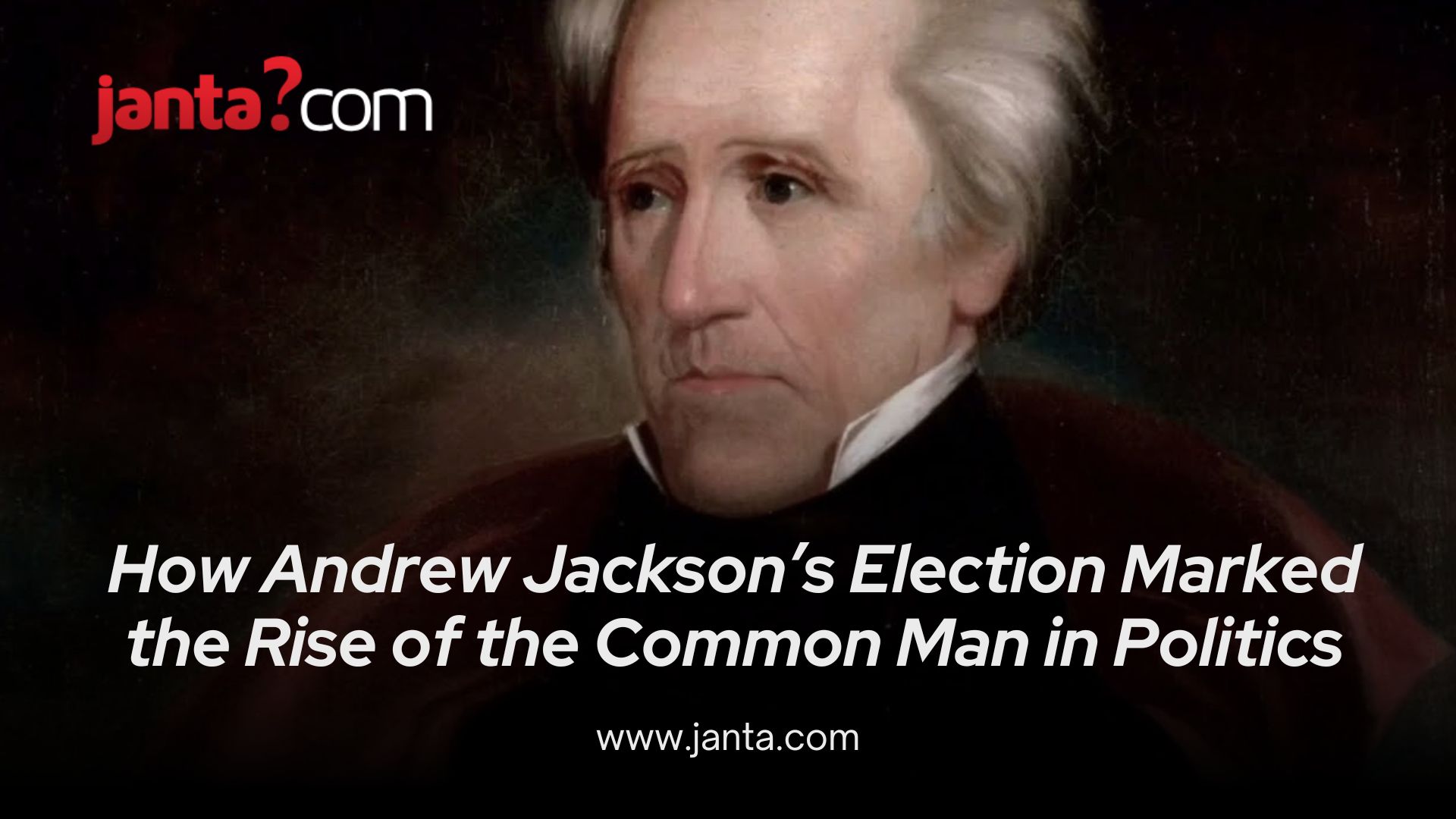The current political landscape of America is in turmoil. Especially after the Biden administration's staunch support of the Israel war against Hamas, the situation has polarized the country, with a majority of people dissatisfied with the government.
HEY! I AM JANTA (THE PEOPLE) POLLING PLACE
BLOG
"The ignorance of one voter in a
democracy impairs the security of all."
John F. Kennedy
Voter turnout reflects citizen engagement and the legitimacy of the electoral process. High turnout signifies robust participation, ensuring elected representatives reflect the will of the people, while low turnout indicates disengagement or disenfranchisement. The United States presidential election of 1800 was a pivotal moment in American history, featuring a fierce contest between Thomas Jefferson, the Democratic-Republican candidate, and John Adams, the incumbent Federalist president. As the 2024 presidential election approaches, voter participation is more important than ever. With primary elections already underway, it's crucial for Michigan voters to stay informed about early voting dates and procedures. The 2020 United States presidential election, held on November 3, 2020, saw an unprecedented level of voter engagement. Over 159 million Americans cast their ballots, representing about 66.8% of eligible voters. Comparing US Presidential Election to Other Countries: How It Differs Early voting plays a crucial role in Indiana's electoral process, offering voters the convenience of casting their ballots before Election Day. As we approach the 2024 elections, understanding the early voting procedures in Indiana is essential. Explore how John Quincy Adams, America’s sixth President, distinguished himself as the nation’s most multilingual leader. Discover how his profound language skills not only shaped his diplomatic prowess but also influenced international relations during his tenure. The political landscape of the United States has not always been dominated by the Democratic and Republican parties. Third-party candidates have disrupted the status quo, bringing unique perspectives and forcing critical issues into the national conversation. This blog explores the history of third-party influence in US presidential elections. The US political landscape is predominantly shaped by the Democratic and Republican parties. However, third-party and independent candidates play a crucial role in offering alternatives to this two-party system. With growing voter disillusionment towards the major parties, the 2024 presidential election has seen a notable rise in interest in these alternative options. Presidential debates are pivotal moments in the election process, offering candidates a platform to present their policies and directly address the electorate. These debates often sway undecided voters and solidify the opinions of supporters. Recent events have intensified the debate over President Joe Biden's candidacy for the 2024 Presidential Election. Notable incidents include President Biden mistakenly referring to Ukrainian President Volodymyr Zelensky as “President Putin” and the recent shooting attempt on former President Donald Trump at a rally. I’ve decided the best way forward is to pass the torch to a new generation. It’s the best way to unite our nation. I know there was a time and a place for long years of experience in public life. There’s also a time and a place for new voices, fresh voices, yes, younger voices. And that time and place is now The 2000 US Presidential Election remains one of the most contentious in American history, highlighting significant flaws in the voting system. As the 2024 presidential race intensifies, the economic recovery plans proposed by each candidate have become a focal point. Selecting the best plan is crucial for America's future prosperity amidst ongoing economic challenges. Have you ever wondered which US president stands out as the most popular in American history? Abraham Lincoln is widely considered the most popular president. In this blog, we will rank the top 10 most popular US presidents, exploring their achievements, legacies, and public perception. The 1968 U.S. presidential election was a major turning point, ending the post-World War II political consensus and ushering in a new era of division. It reshaped party alignments, campaign strategies, and the broader political discourse. The November 8, 2016, election stands as a pivotal moment in recent U.S. history. It marked the unexpected rise of Donald Trump, who won the presidency by defeating the favored Democratic candidate, Hillary Clinton. This outcome surprised many and reflected a growing dissatisfaction with the political status quo. The 1960 U.S. Presidential Election stands out as one of the closest and most significant in American history. The major contenders were John F. Kennedy, a Democratic senator from Massachusetts, and Richard Nixon, the incumbent Vice President and Republican candidate. Kennedy’s win made him the youngest president elected at 43 and the first Roman Catholic to hold the office. This election is also notable for its narrow victory margin and the pivotal role television played in modern American politics. In the 2020 U.S. presidential election, 66.8% of eligible voters cast their ballots, the highest turnout in over a century. This surge in participation was driven by the COVID-19 pandemic and intense political polarization In the 2000 US Presidential Election, Ralph Nader, the Green Party candidate, secured approximately 2.6 million votes. While George W. Bush and Al Gore were the main contenders, Nader's third-party run had a significant impact on the election. The 1800 Presidential Election, often called the "Revolution of 1800," was a landmark event in American history. It marked the first peaceful transfer of power between rival political factions, setting a crucial precedent for democratic governance. Allan Lichtman, a renowned political historian, has accurately predicted every US presidential election since 1984 using his Keys to the White House model. This includes Donald Trump's victory in 2016 and his defeat in 2020. As the 2024 election nears, many are again turning to Lichtman for insights. Estimating how many Americans have relocated is difficult due to inconsistent data, but around 9 million Americans currently live abroad, according to the U.S. State Department. Since 2016, there's been a noticeable increase in U.S. citizens reporting foreign addresses and renouncing citizenship, with renunciations rising from 5,411 in 2016 to over 6,000 in subsequent years. Before 1913, U.S. Senators were elected by state legislatures, a method plagued by corruption and frequent deadlocks. This changed dramatically with the ratification of the 17th Amendment, which introduced the direct election of Senators by the public. Andrew Jackson was the first U.S. president to face widespread protests immediately after his election. Elections are vital to democracy, often eliciting strong public reactions. This blog explores the origins of election-related dissent in America, tracing key moments that led to Jackson's presidency and the protests that followed. The stock market and US presidential elections are interconnected, with economic sentiment often influencing political outcomes. While market trends alone don't predict election results, they can affect voter perceptions and decisions. The 2016 U.S. Presidential Election, between Hillary Clinton and Donald Trump, was one of the most divisive in recent history. Although Clinton won the popular vote by nearly three million, Trump secured the presidency through the Electoral College with 304 votes to Clinton's 227. The 2024 results for Michigan's 11th Congressional District are still pending, with the election on November 5. Candidates Haley Stevens (Democrat), Nick Somberg (Republican), and Douglas Campbell (Green Party) are competing for the seat in a race that could impact Michigan's political landscape. The 2016 US presidential election marked a significant shift in American politics, with Donald Trump's victory over Hillary Clinton. One major factor in Trump’s win was the overwhelming number of counties that swung Republican. Out of 3,143 counties, Trump won 2,584, while Clinton won 472. This shift emphasized the deepening urban-rural divide in the country. Kamala Harris, the current Vice President, made history as the first woman, Black, and South Asian to hold the office. But does she have a real chance of winning in 2024? Yes, but it won’t be easy. Her success will depend on key factors like voter demographics, her policies, and media coverage. Andrew Jackson's election in 1828 is a pivotal moment in American political history, marking the rise of the "common man" to the highest office. This election challenged the dominance of wealthy elites and opened the door for ordinary citizens to engage in politics, giving them a voice and initiating a populist movement that reshaped democracy in the U.S. BLOG
